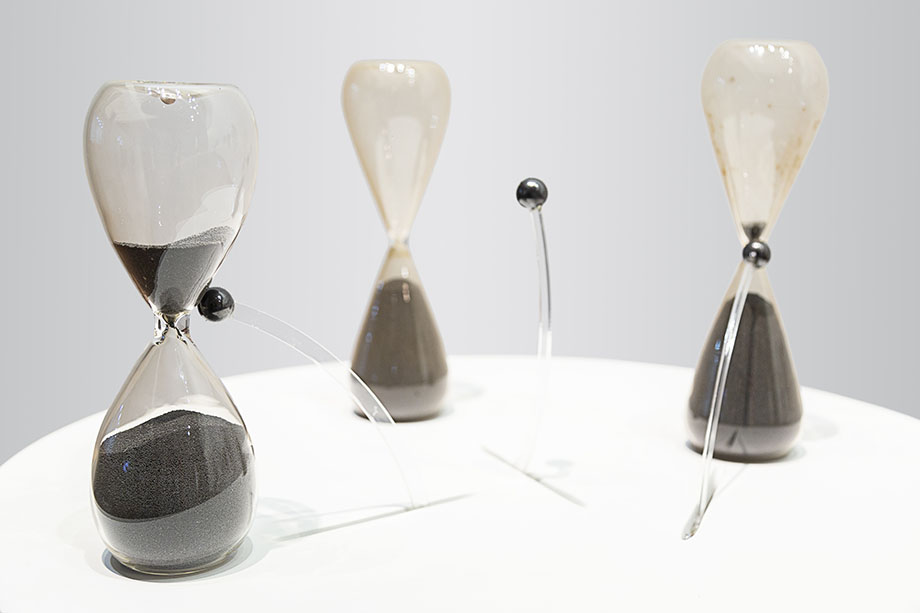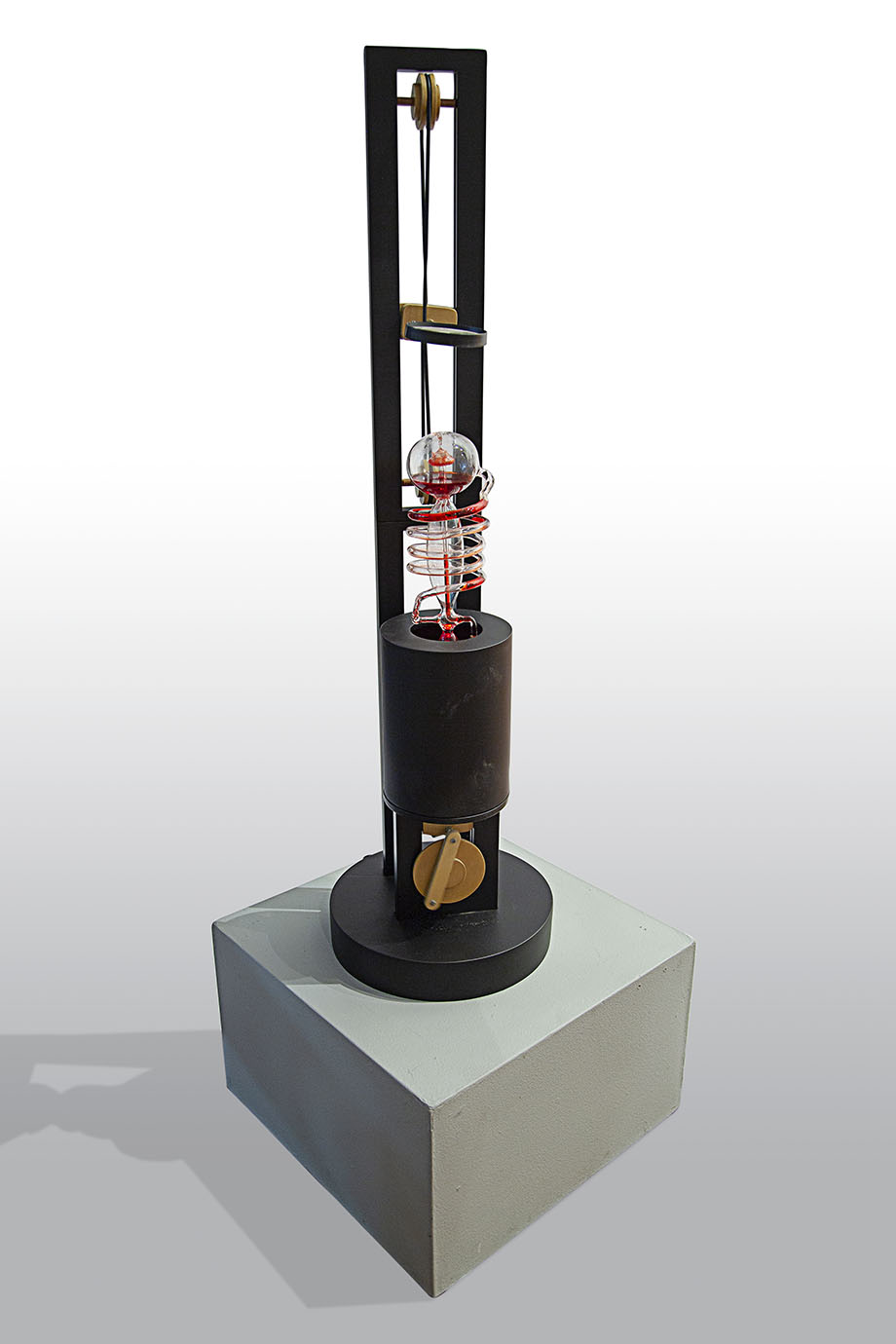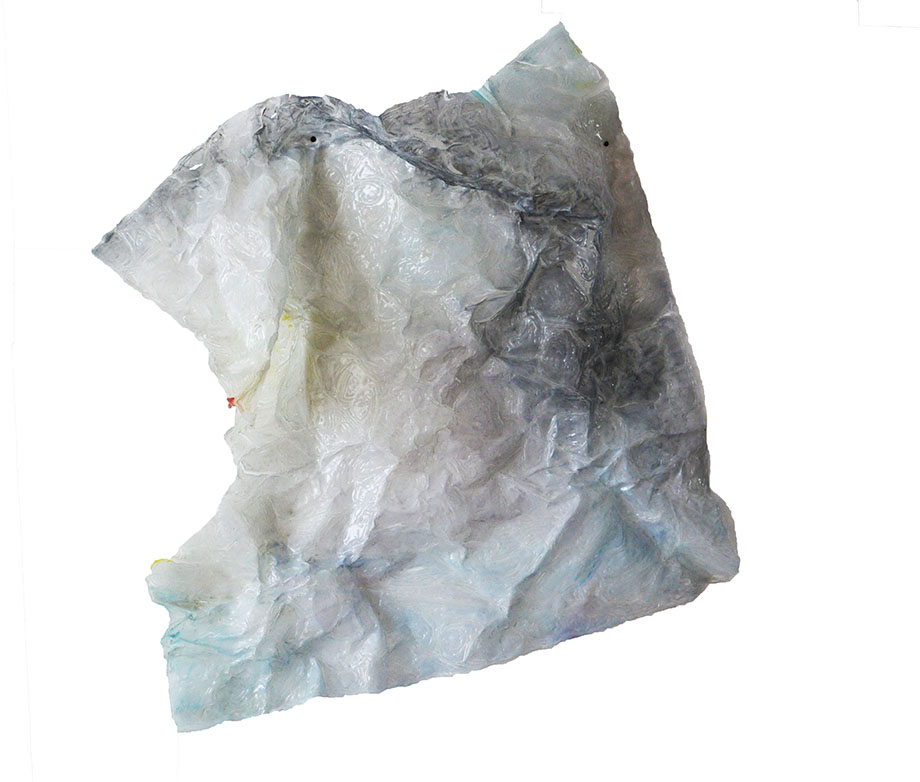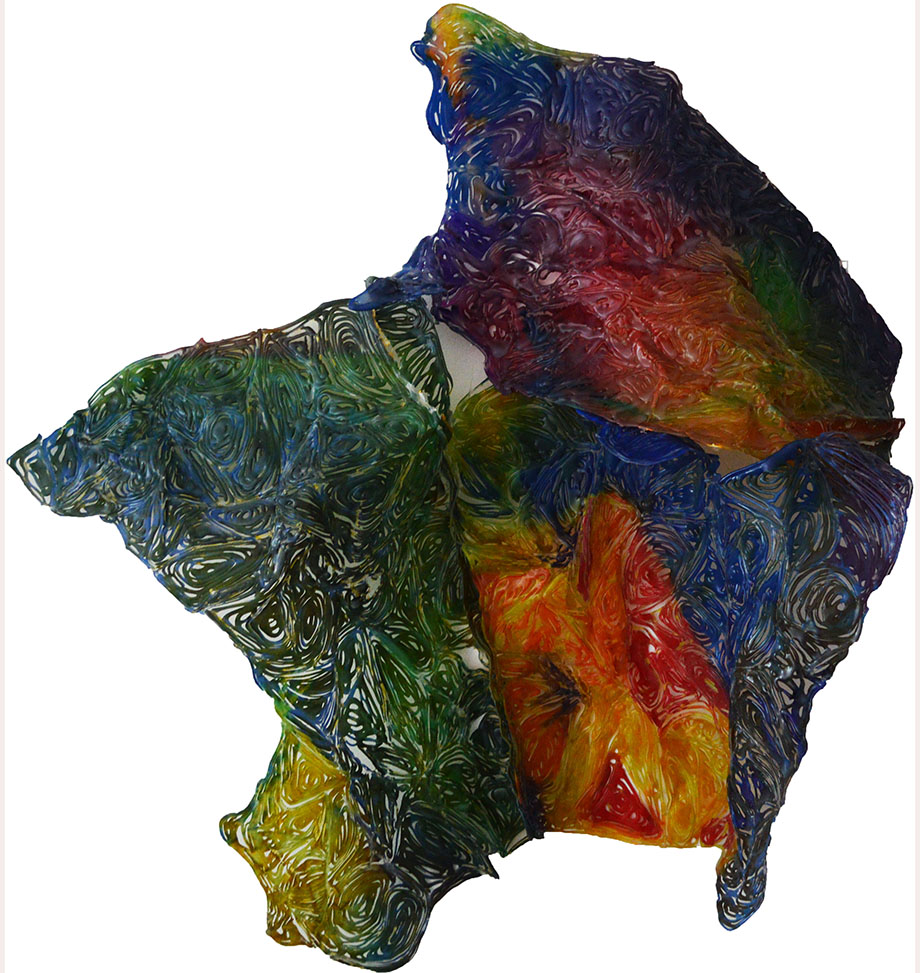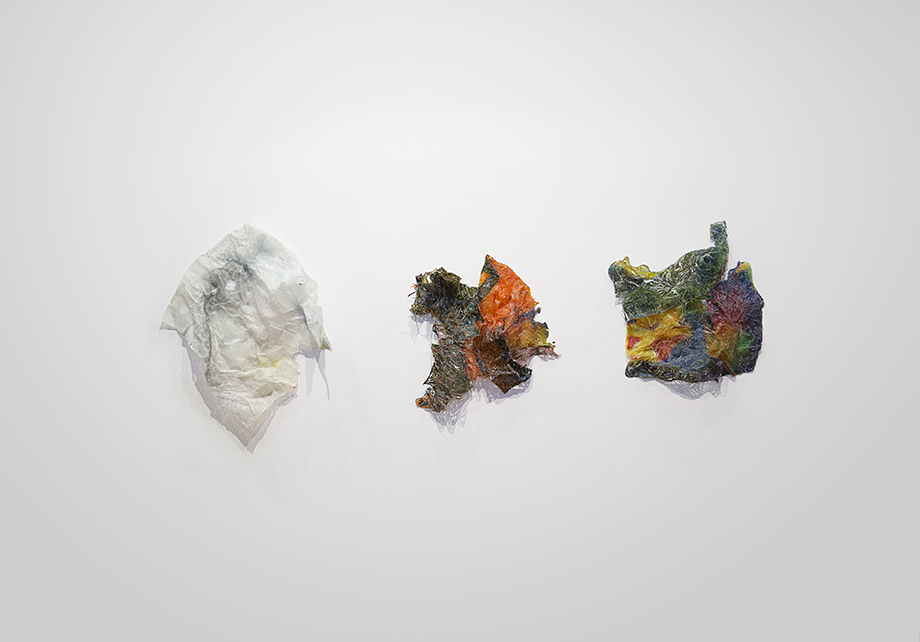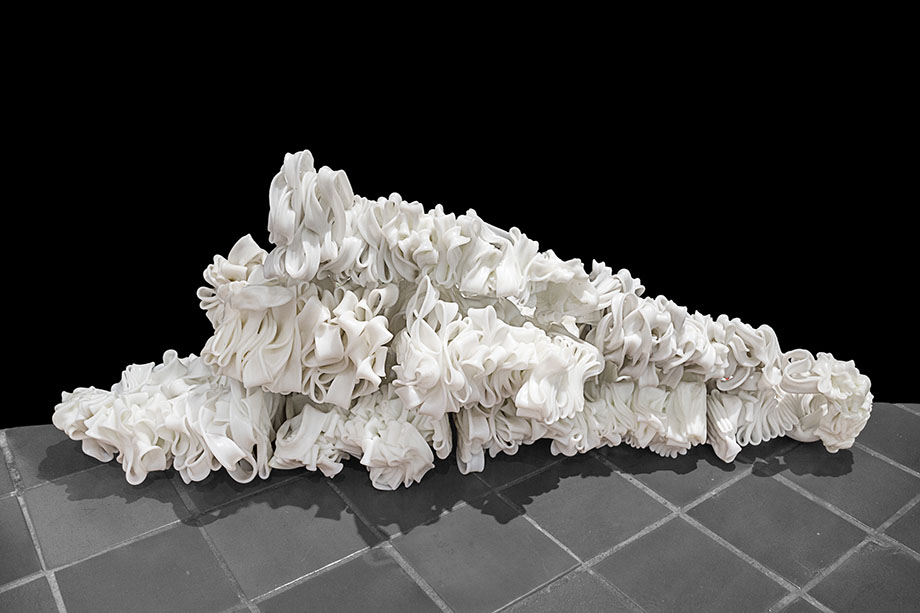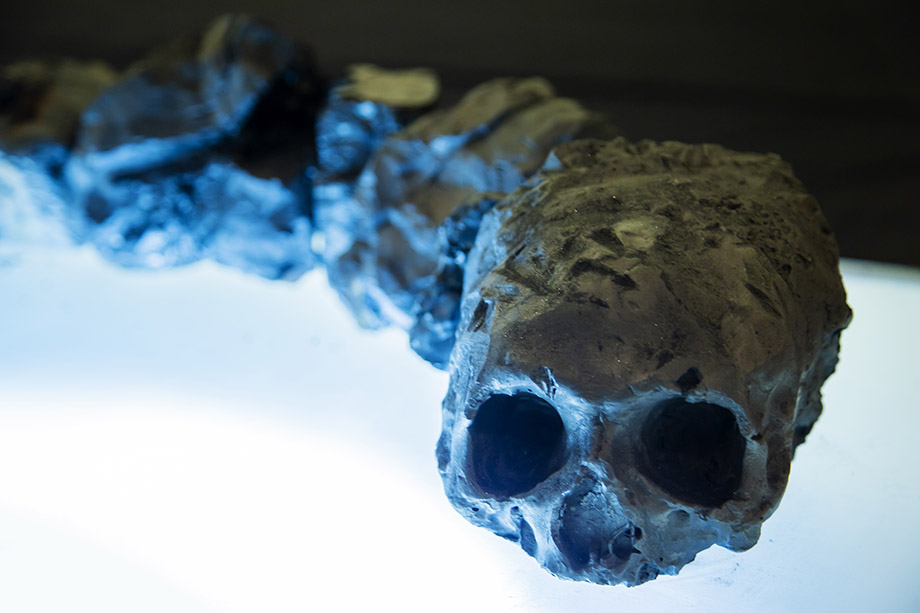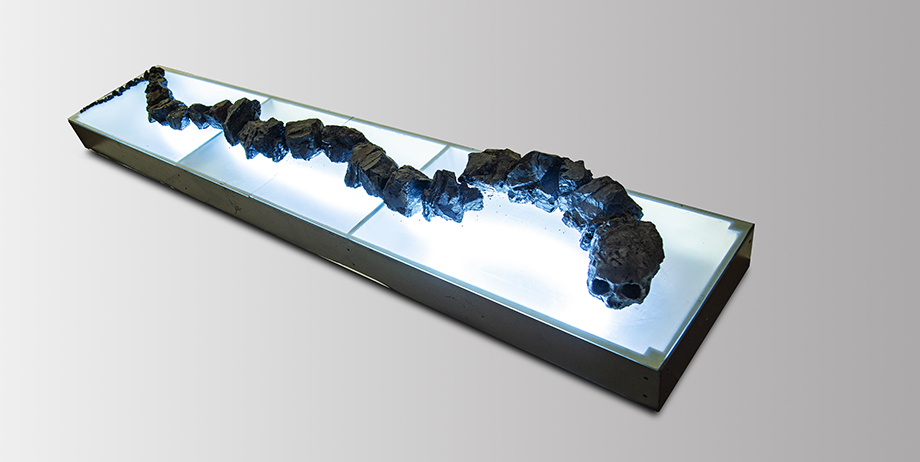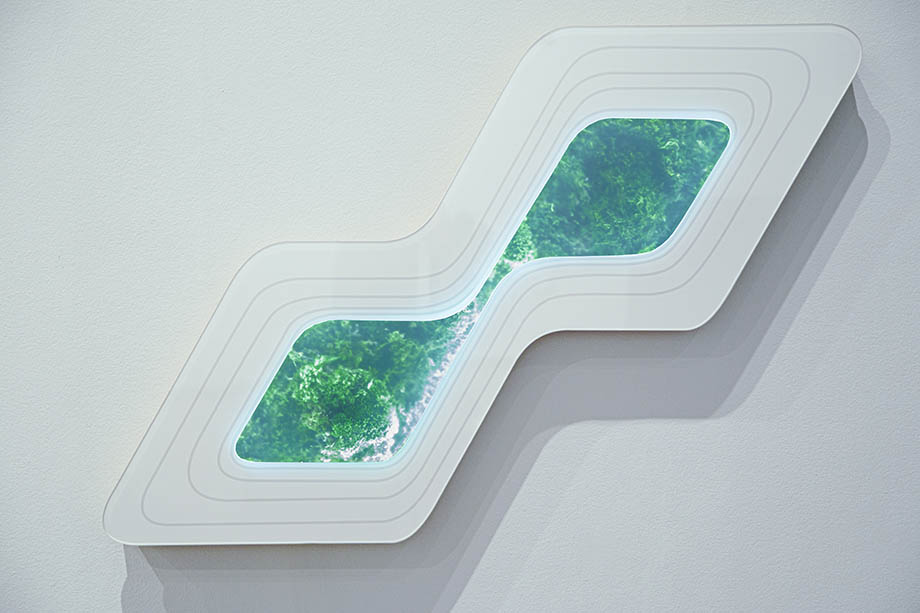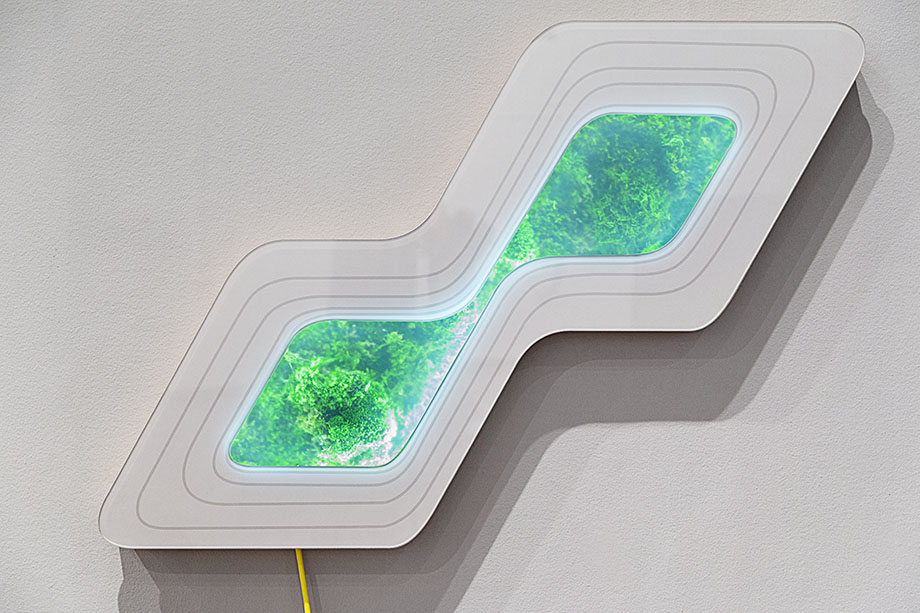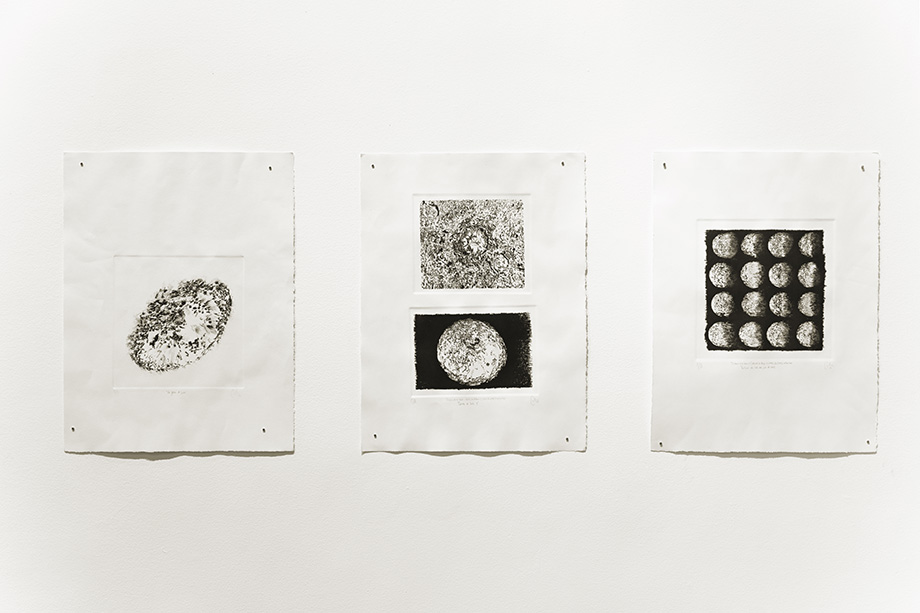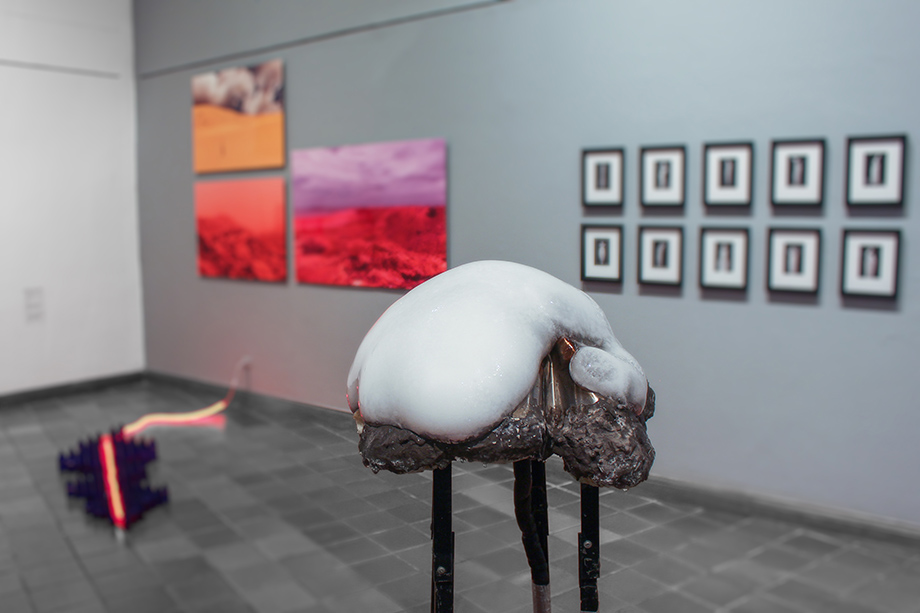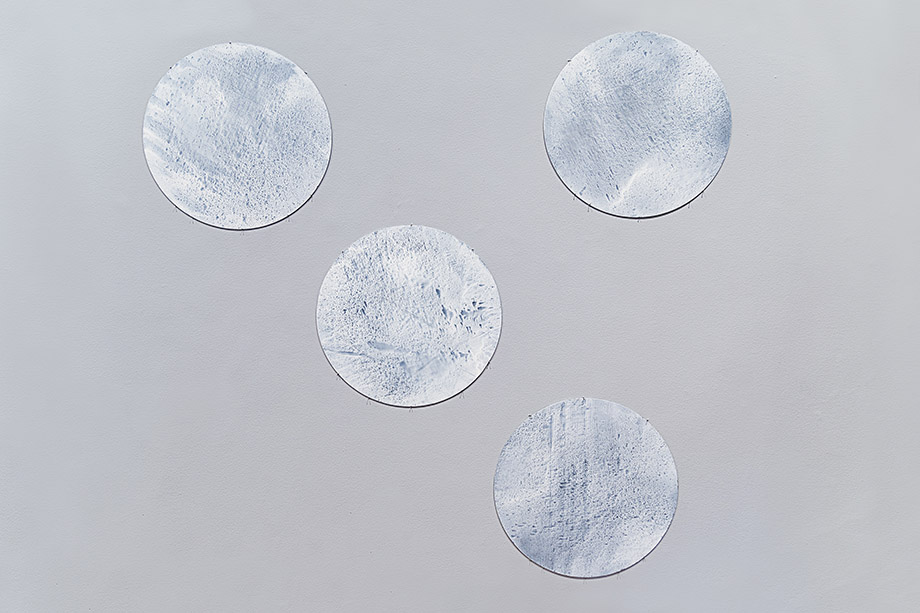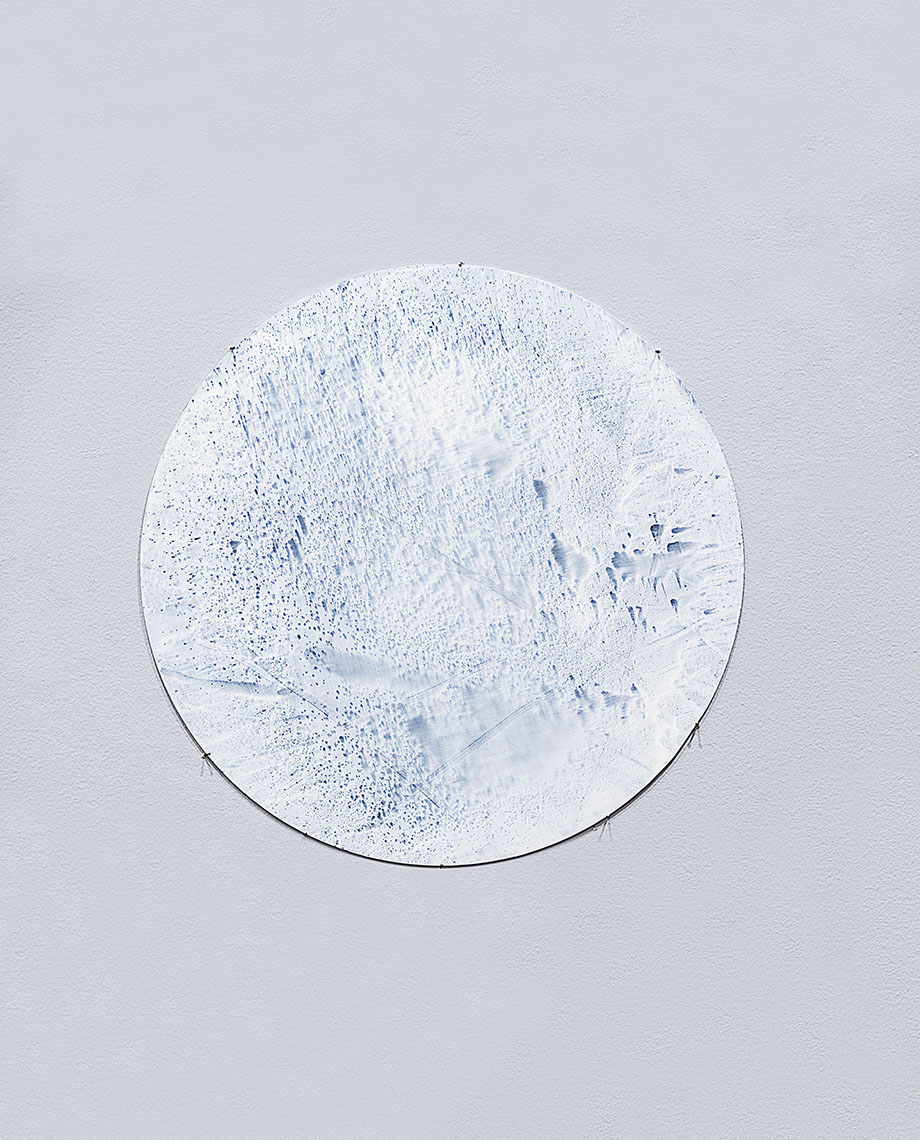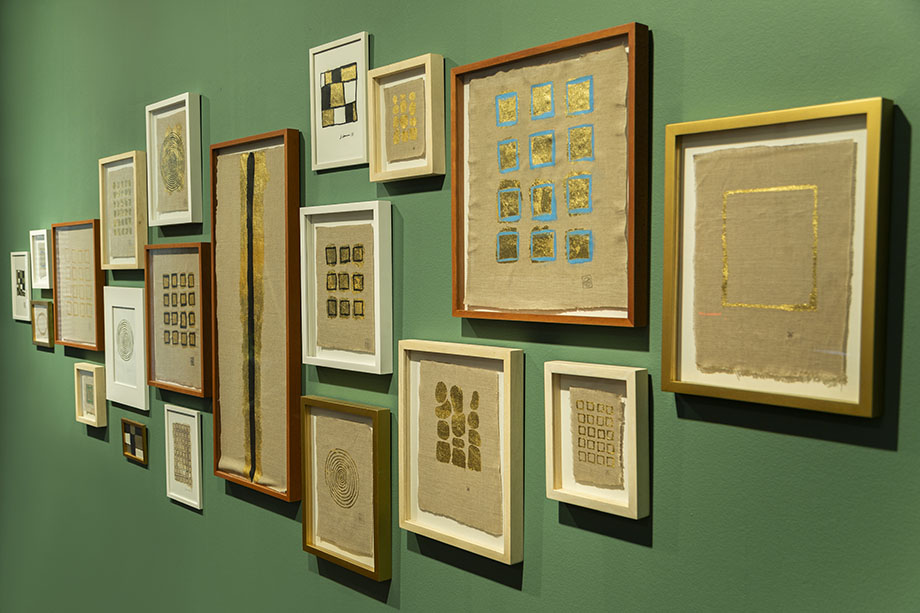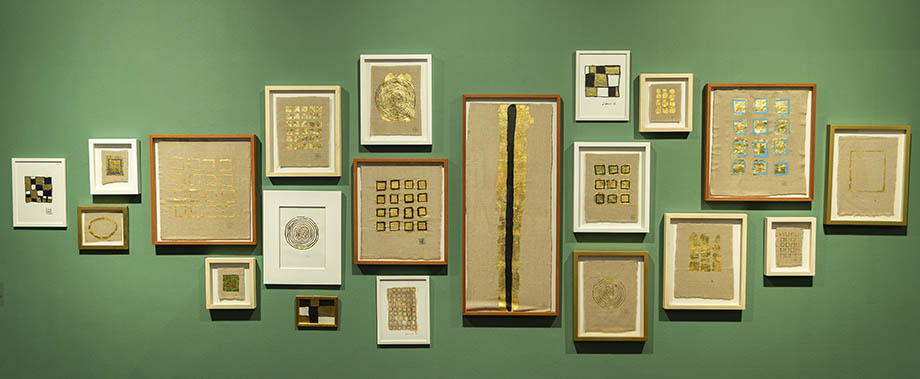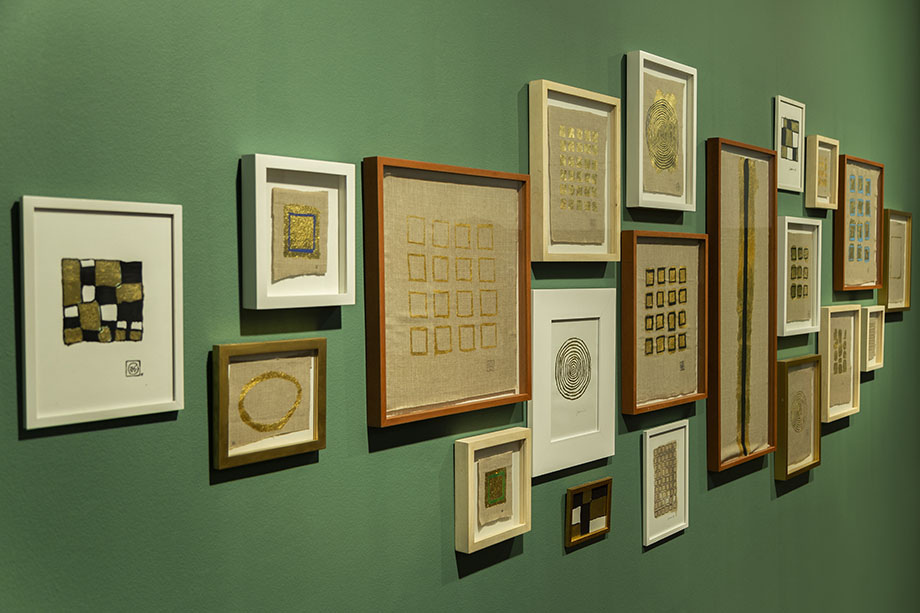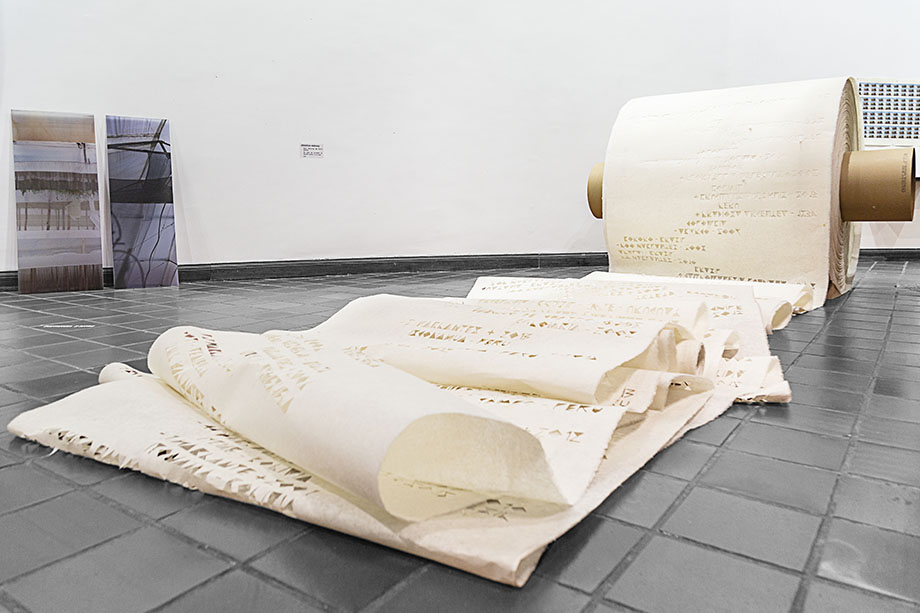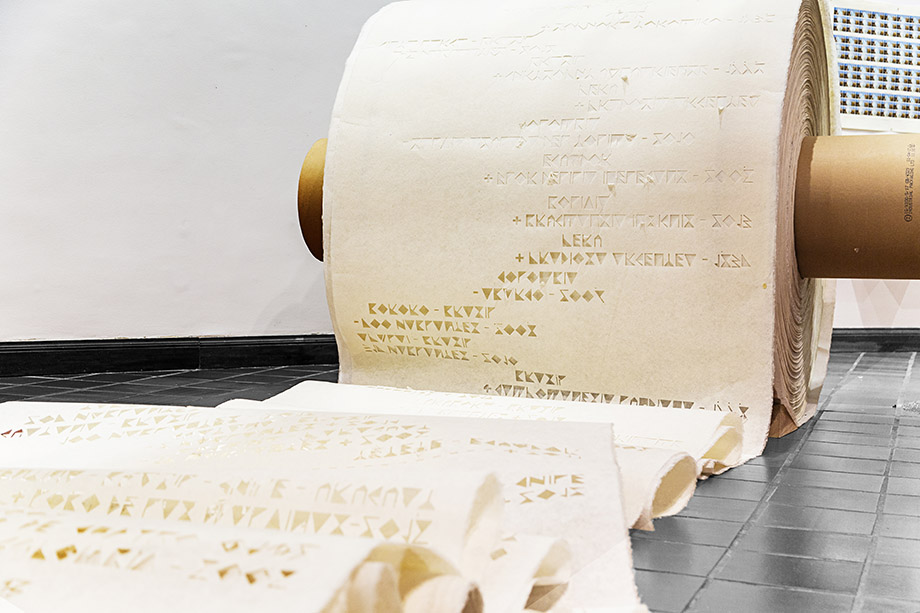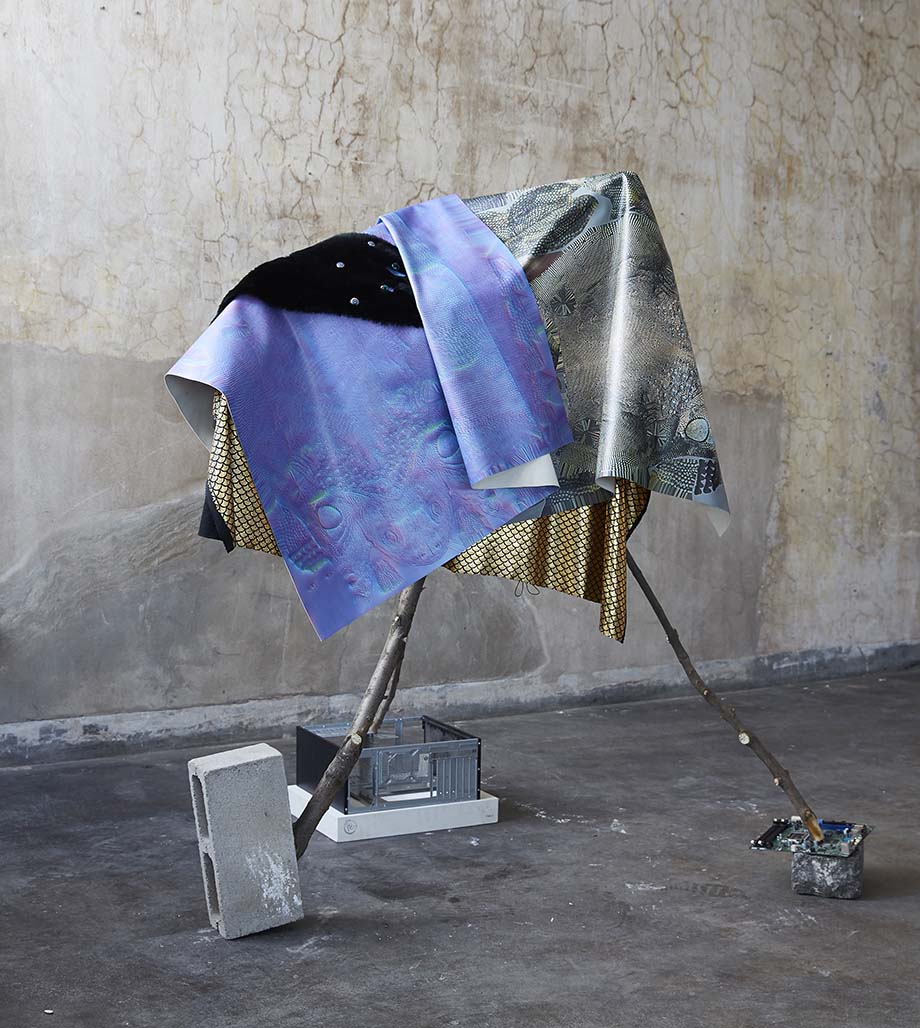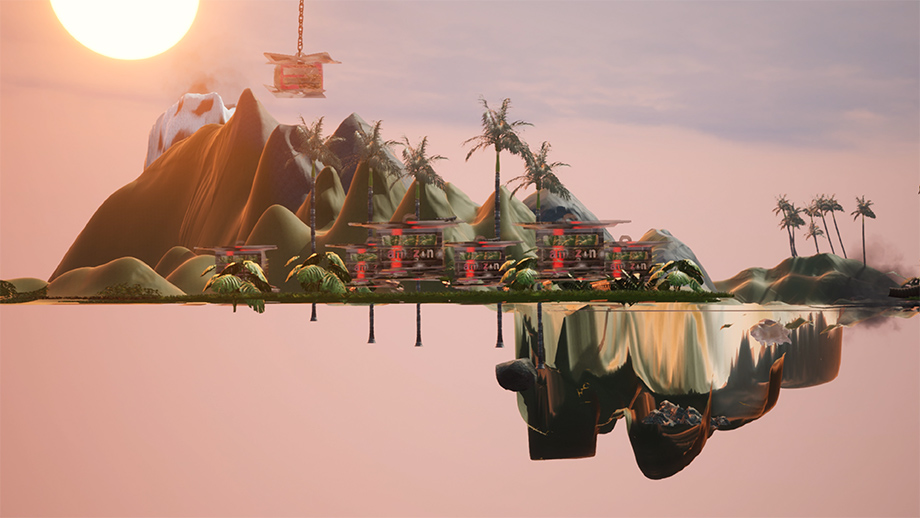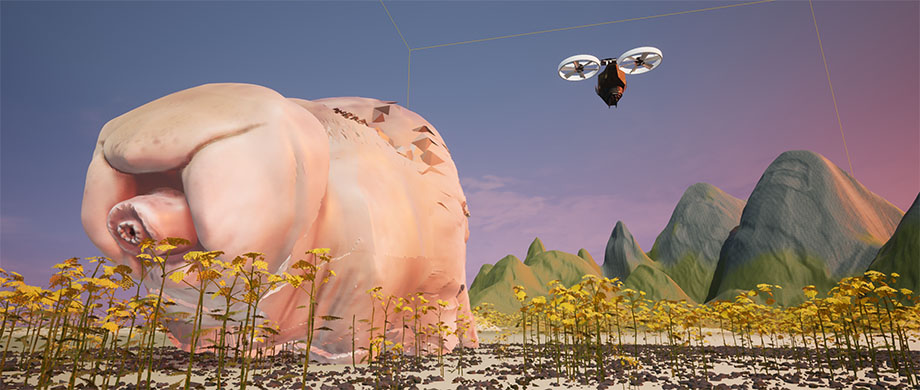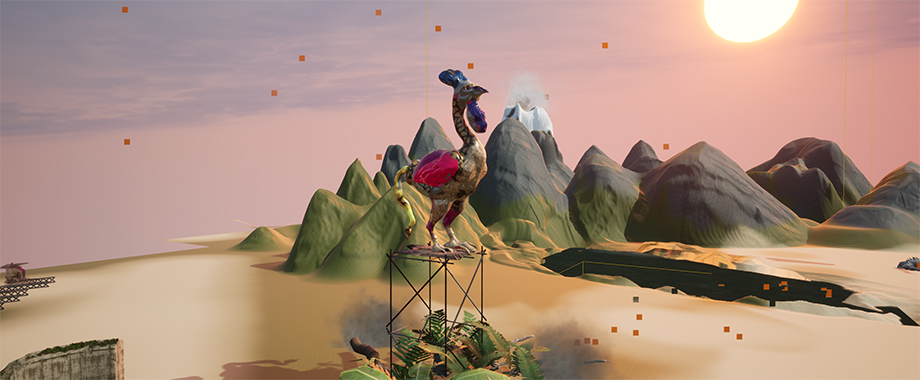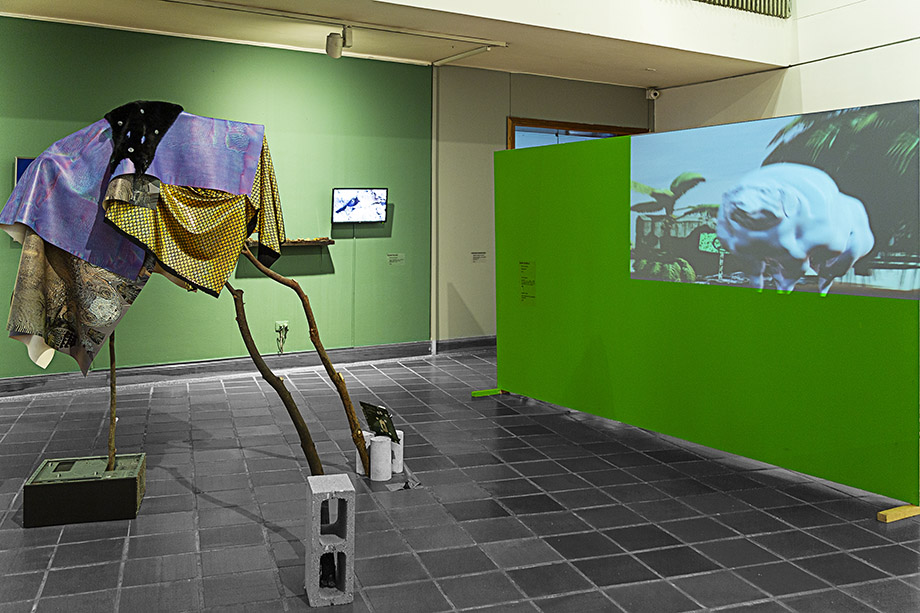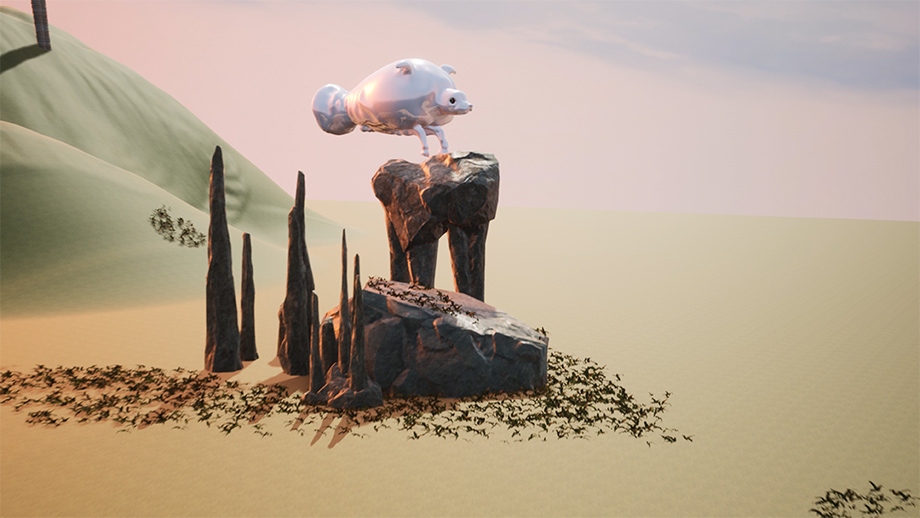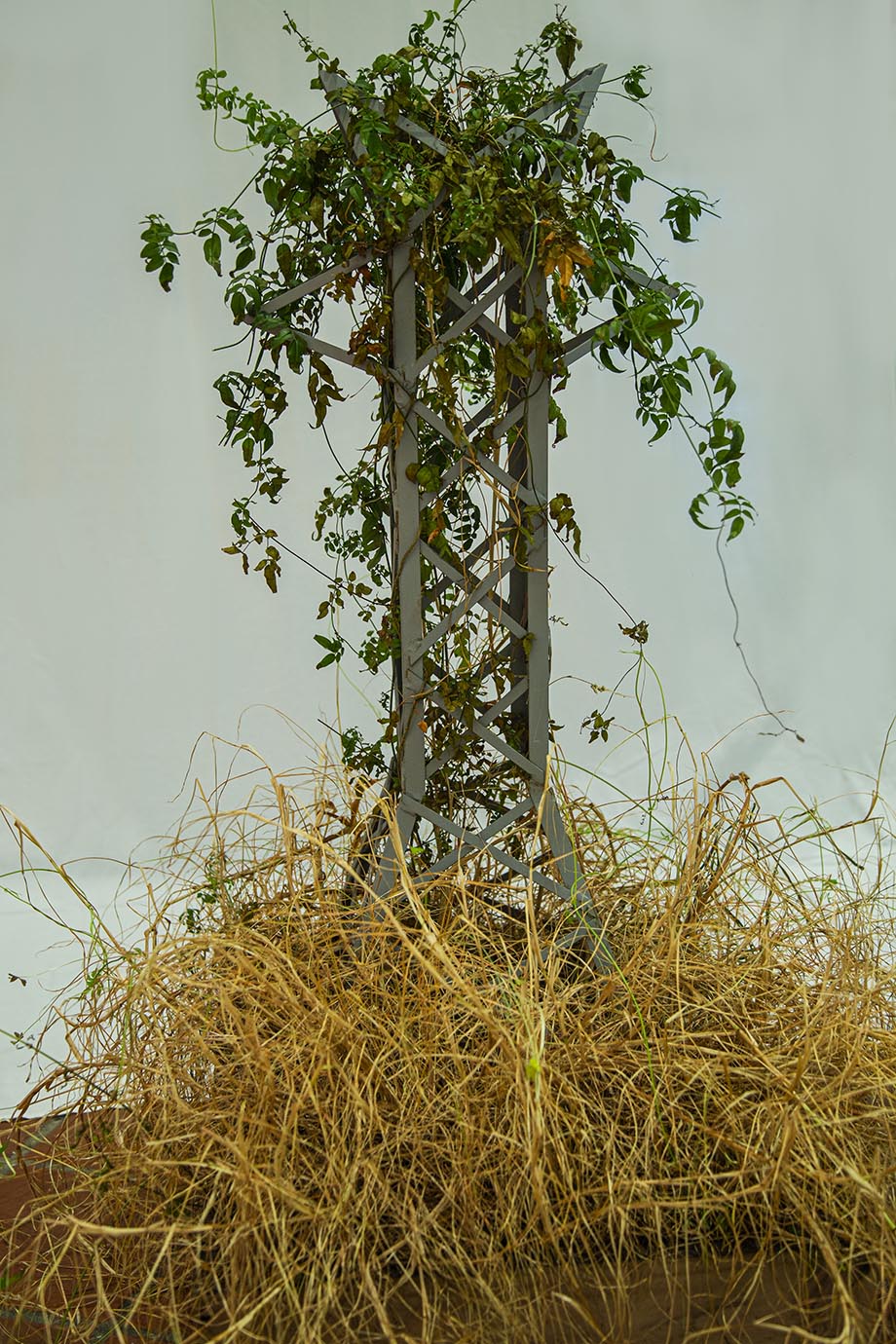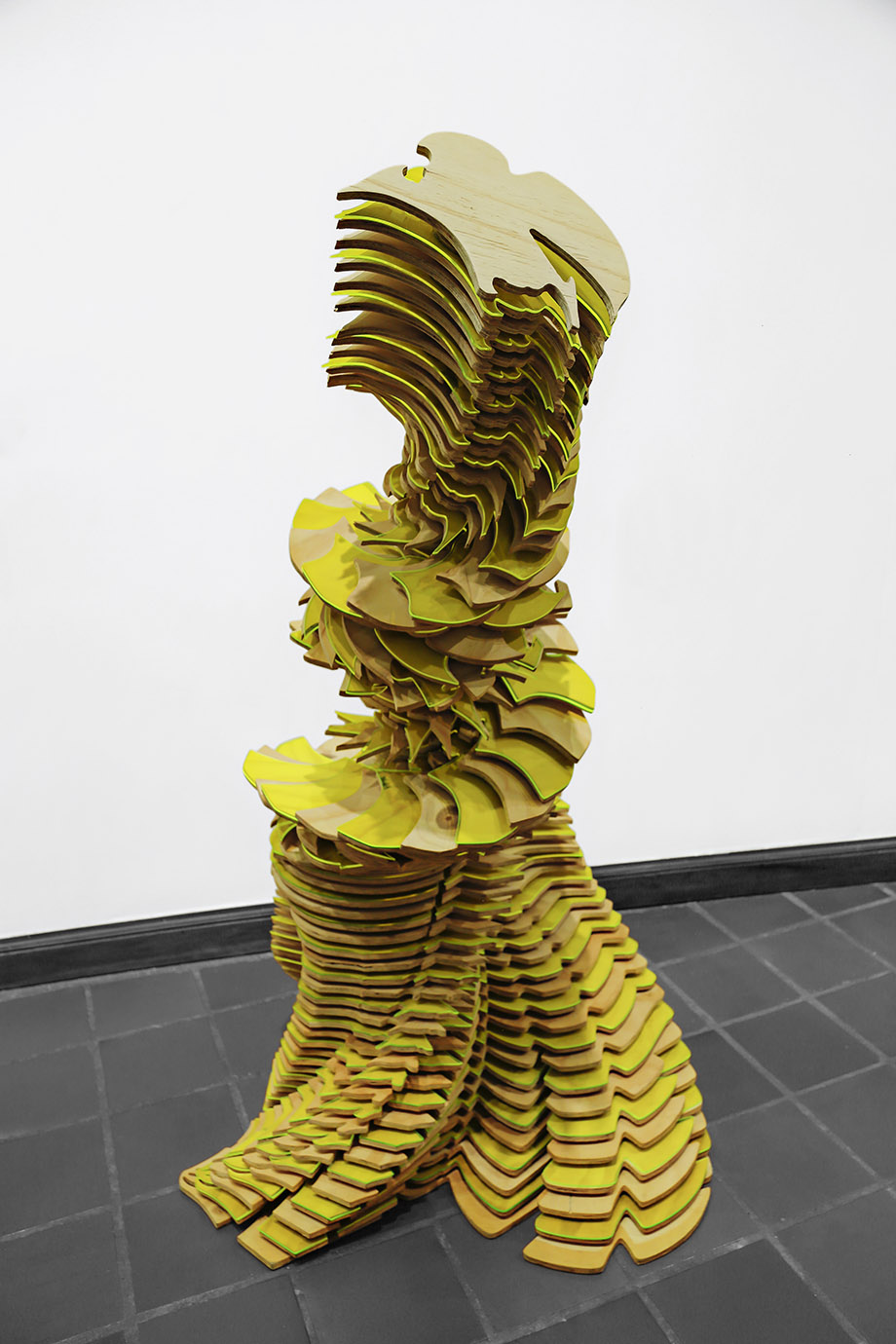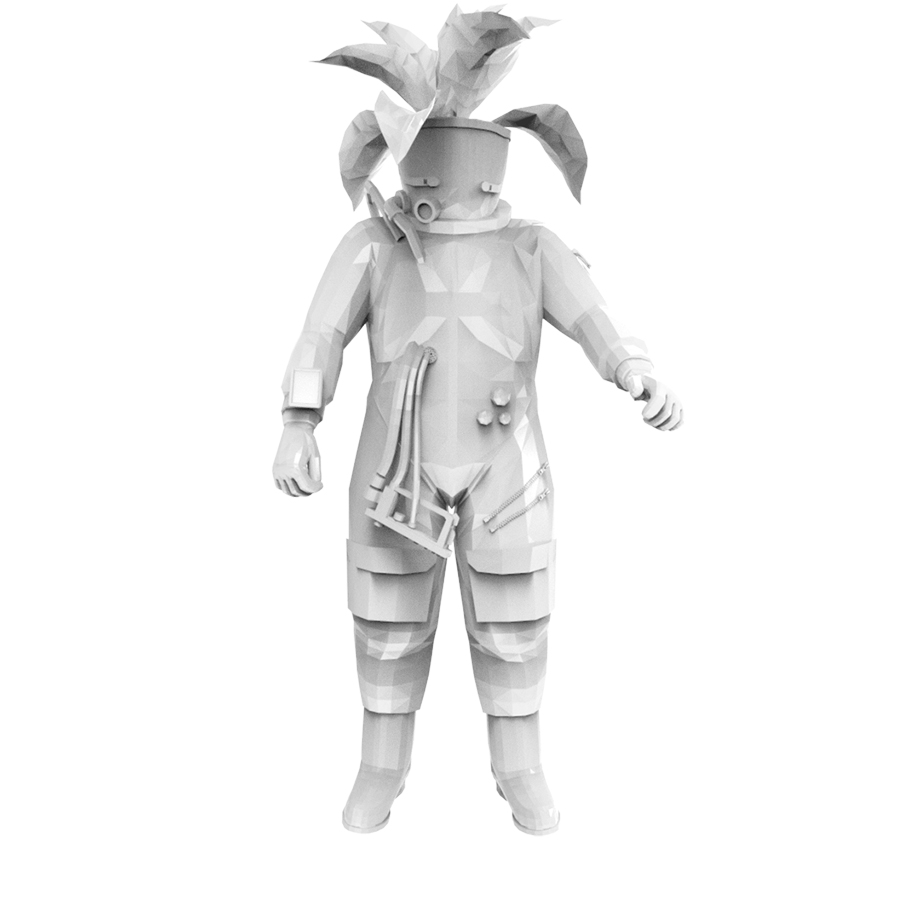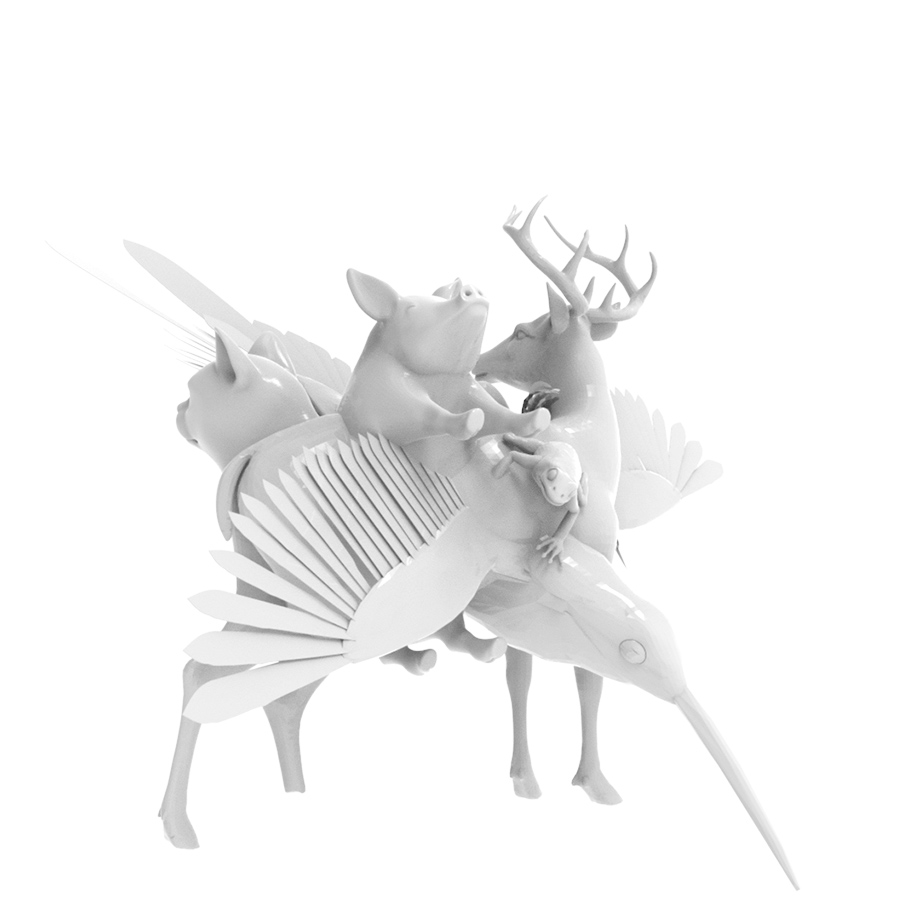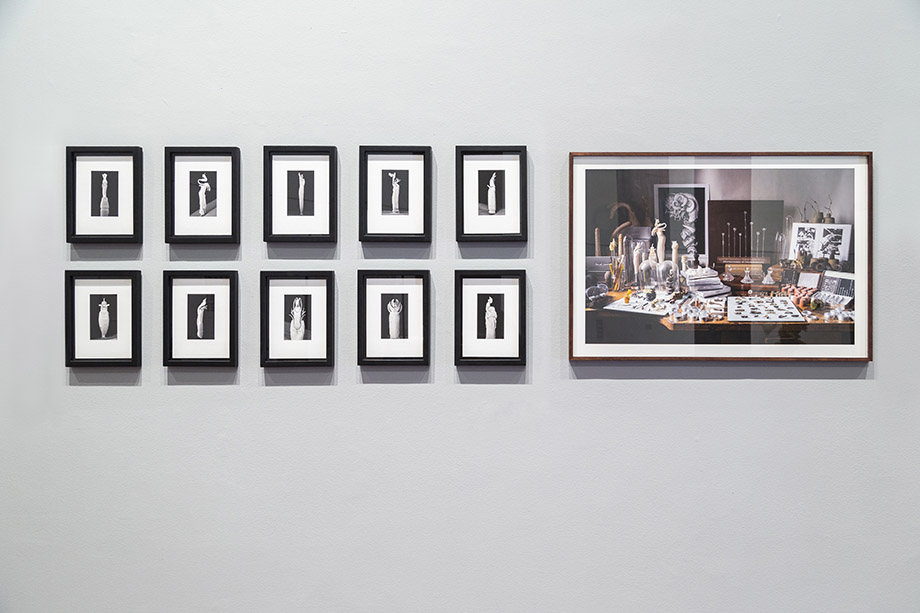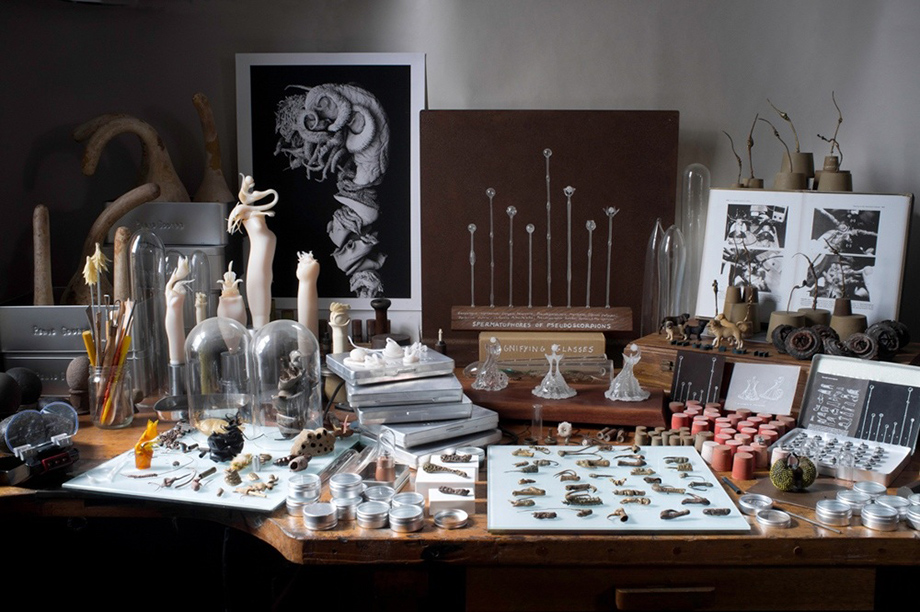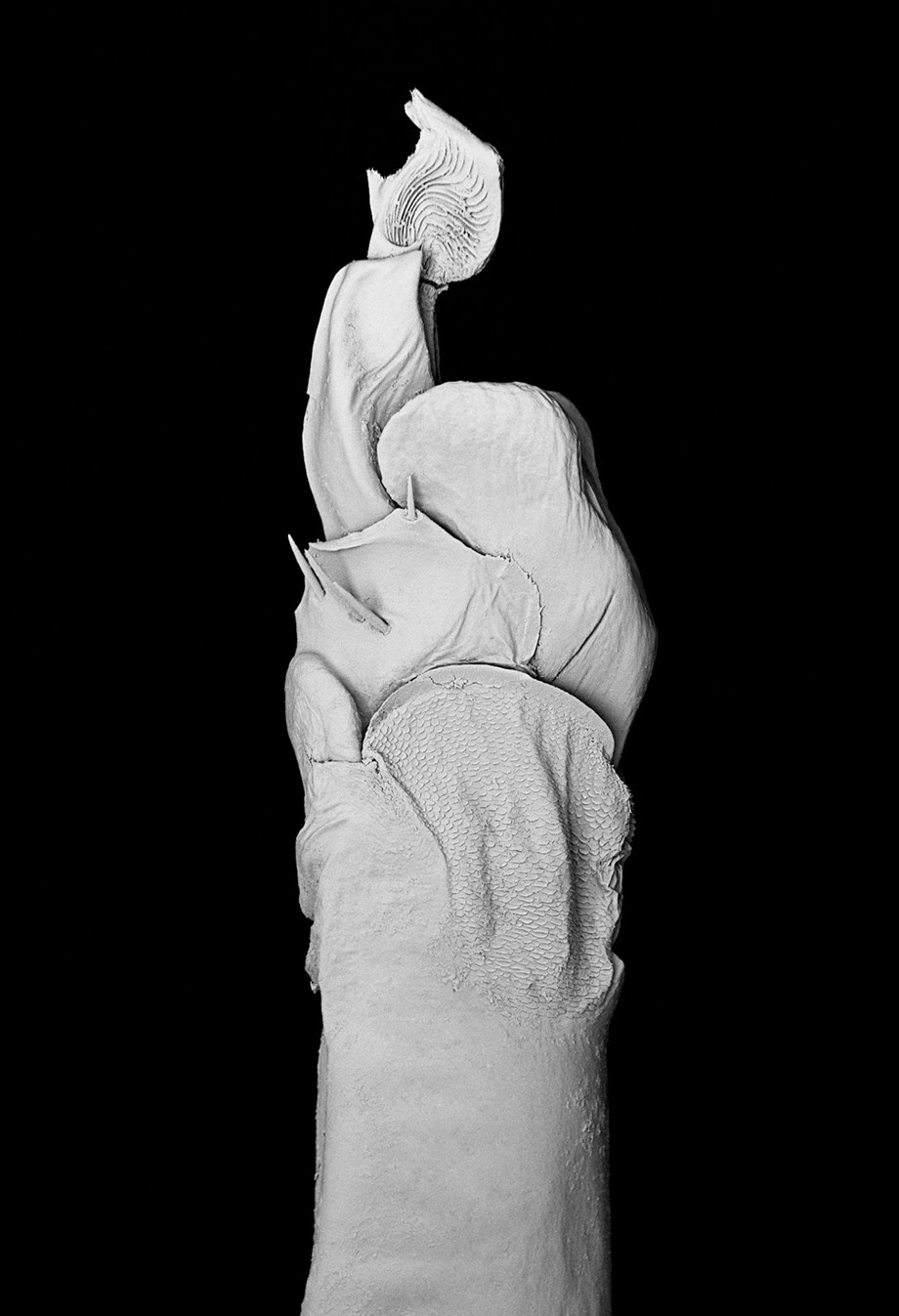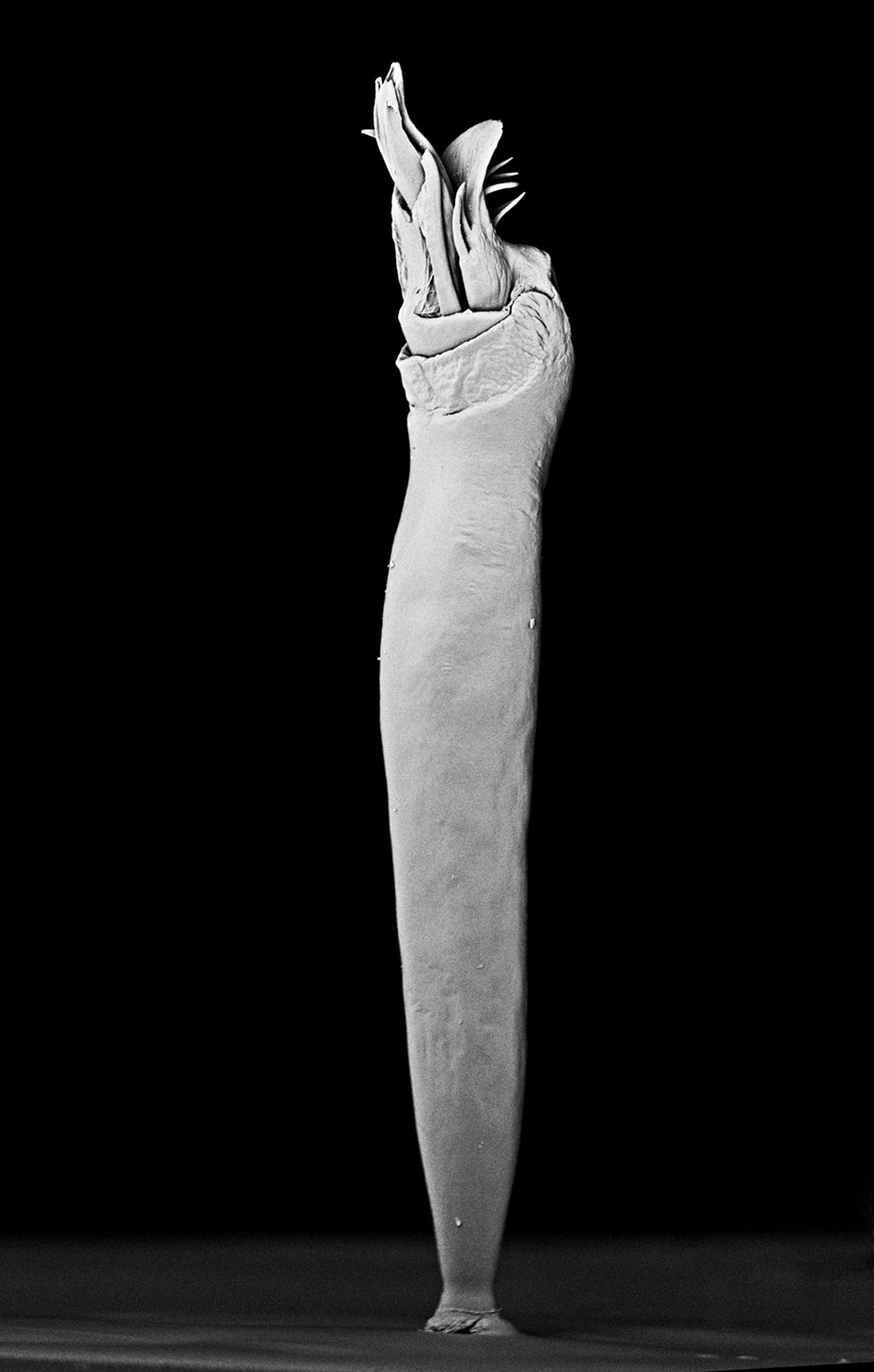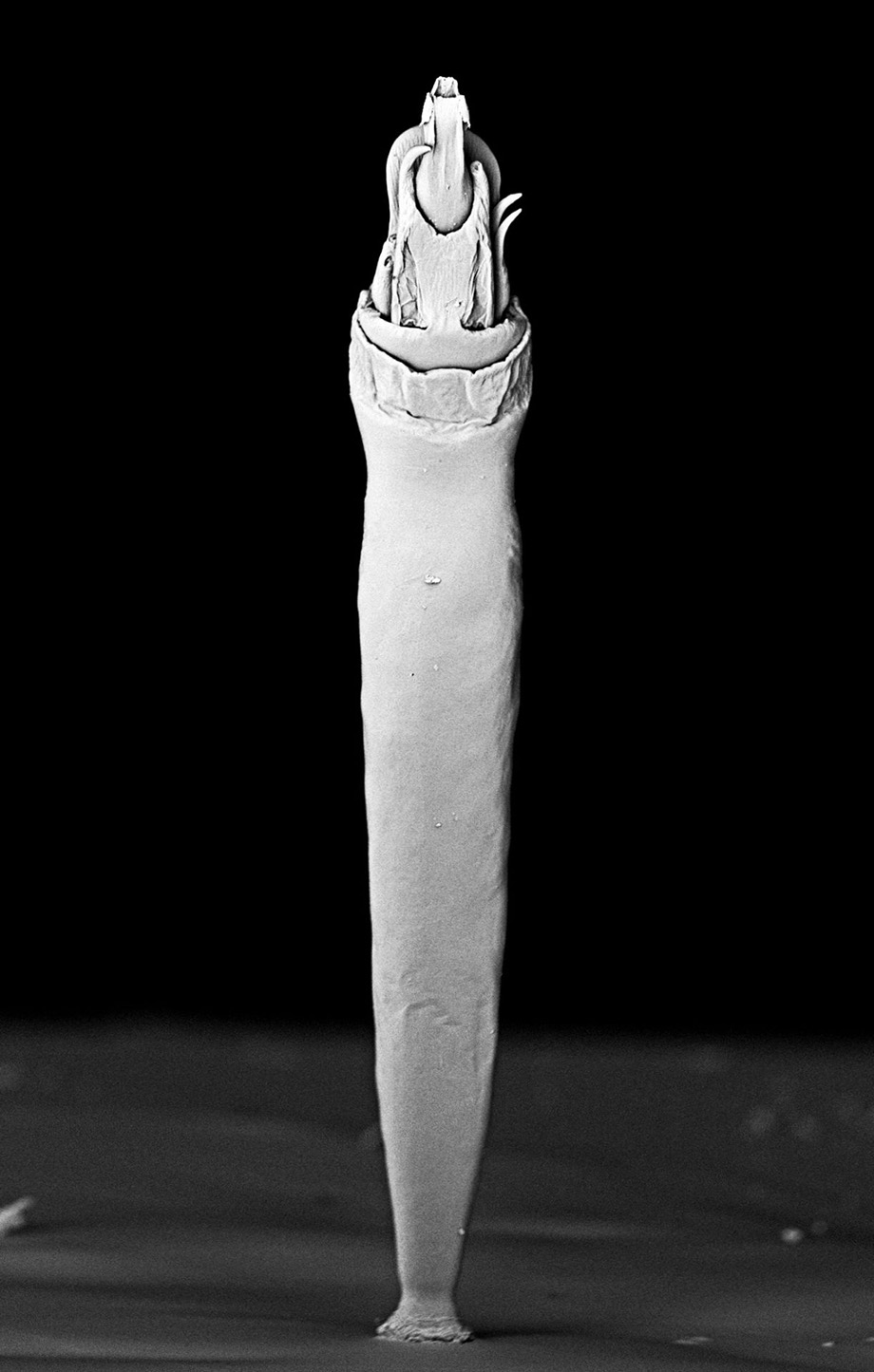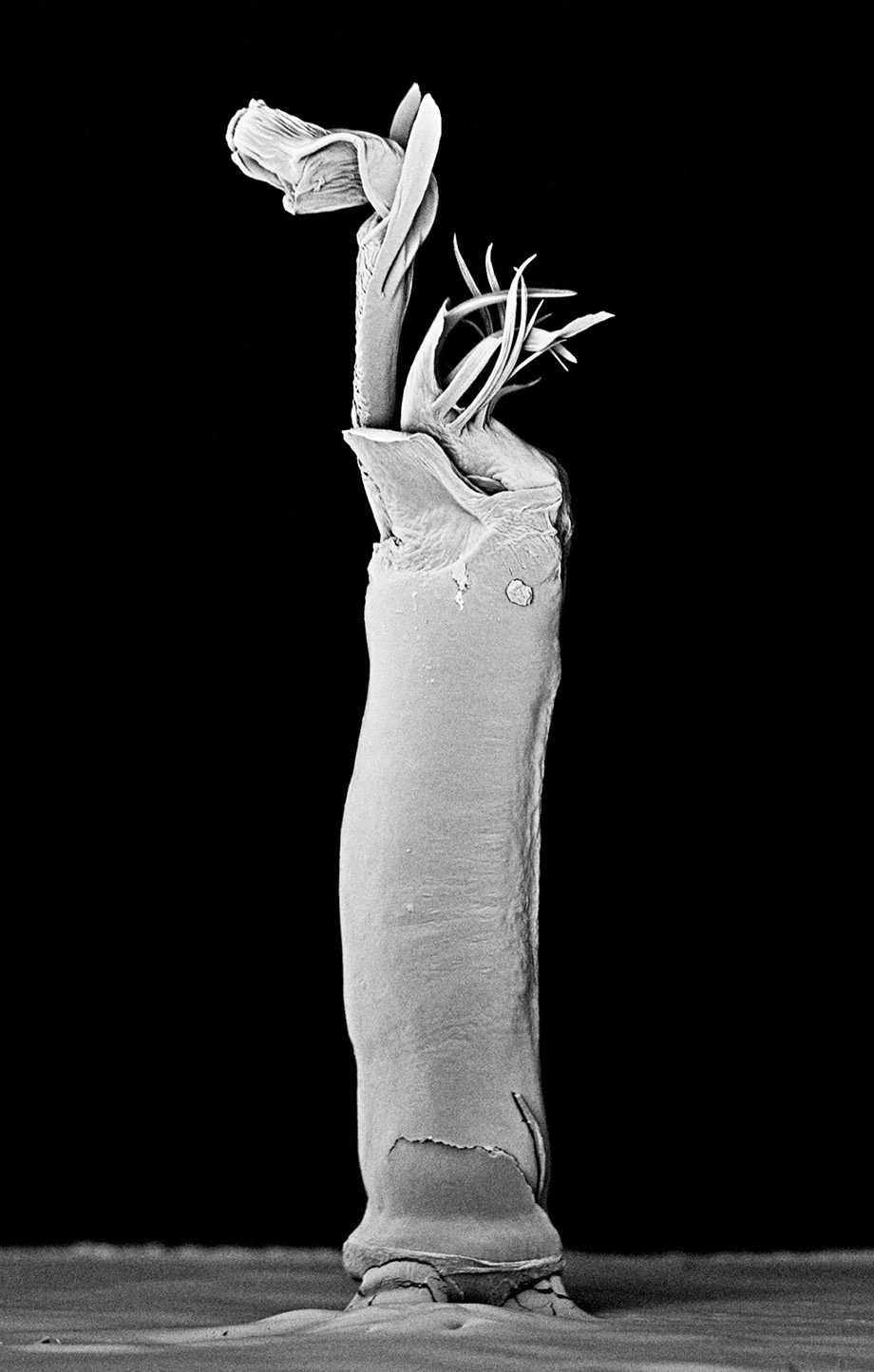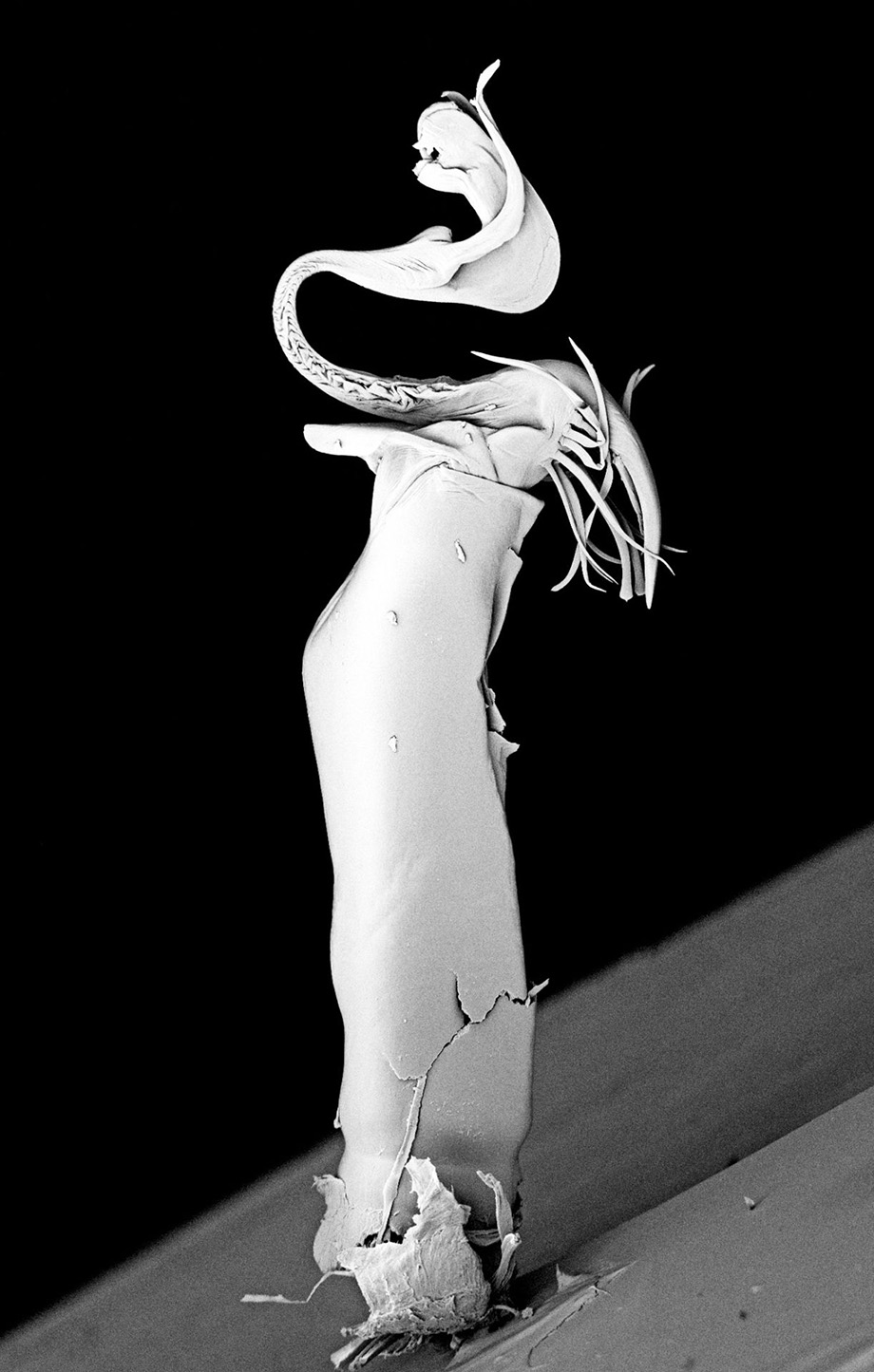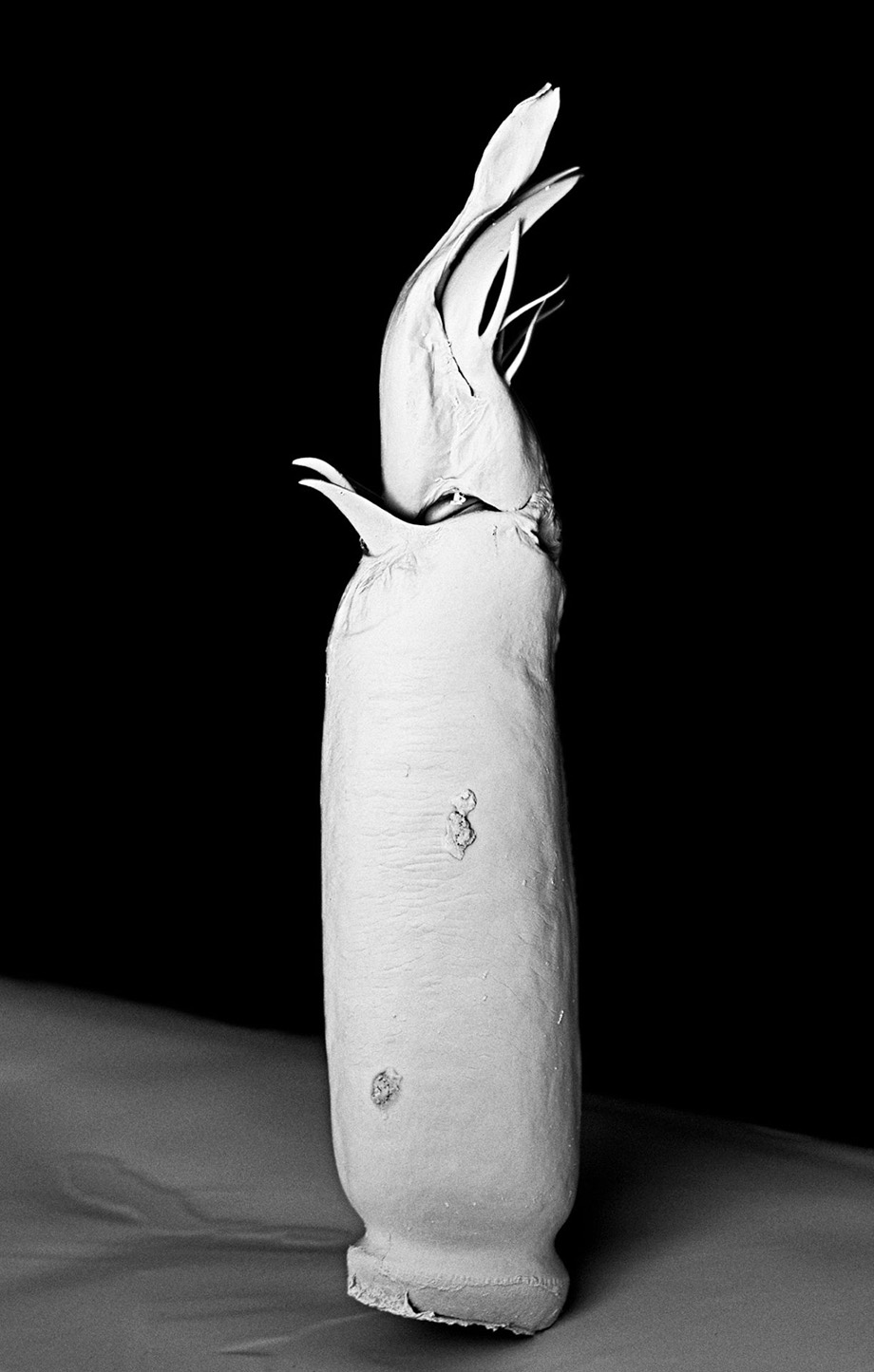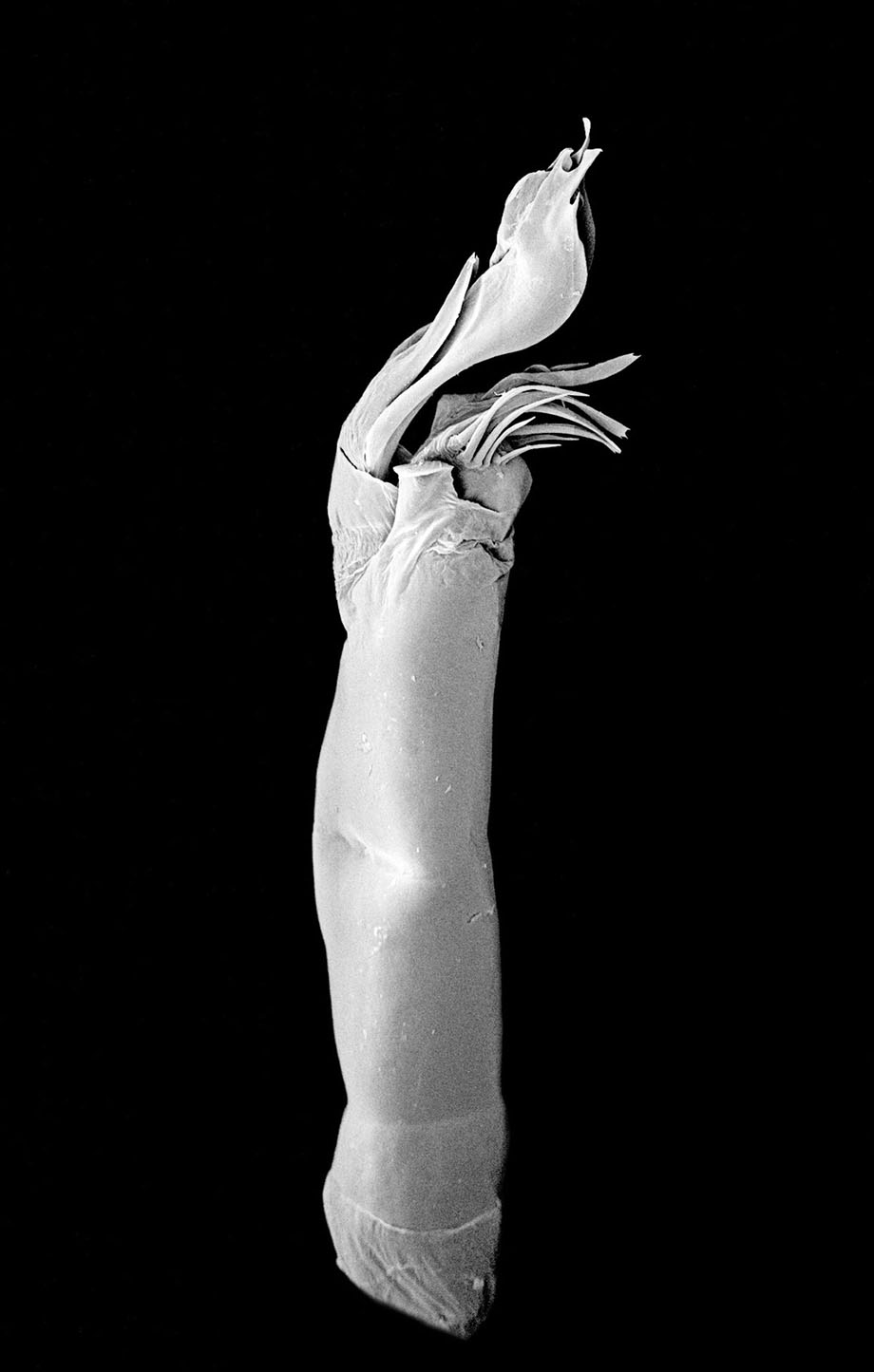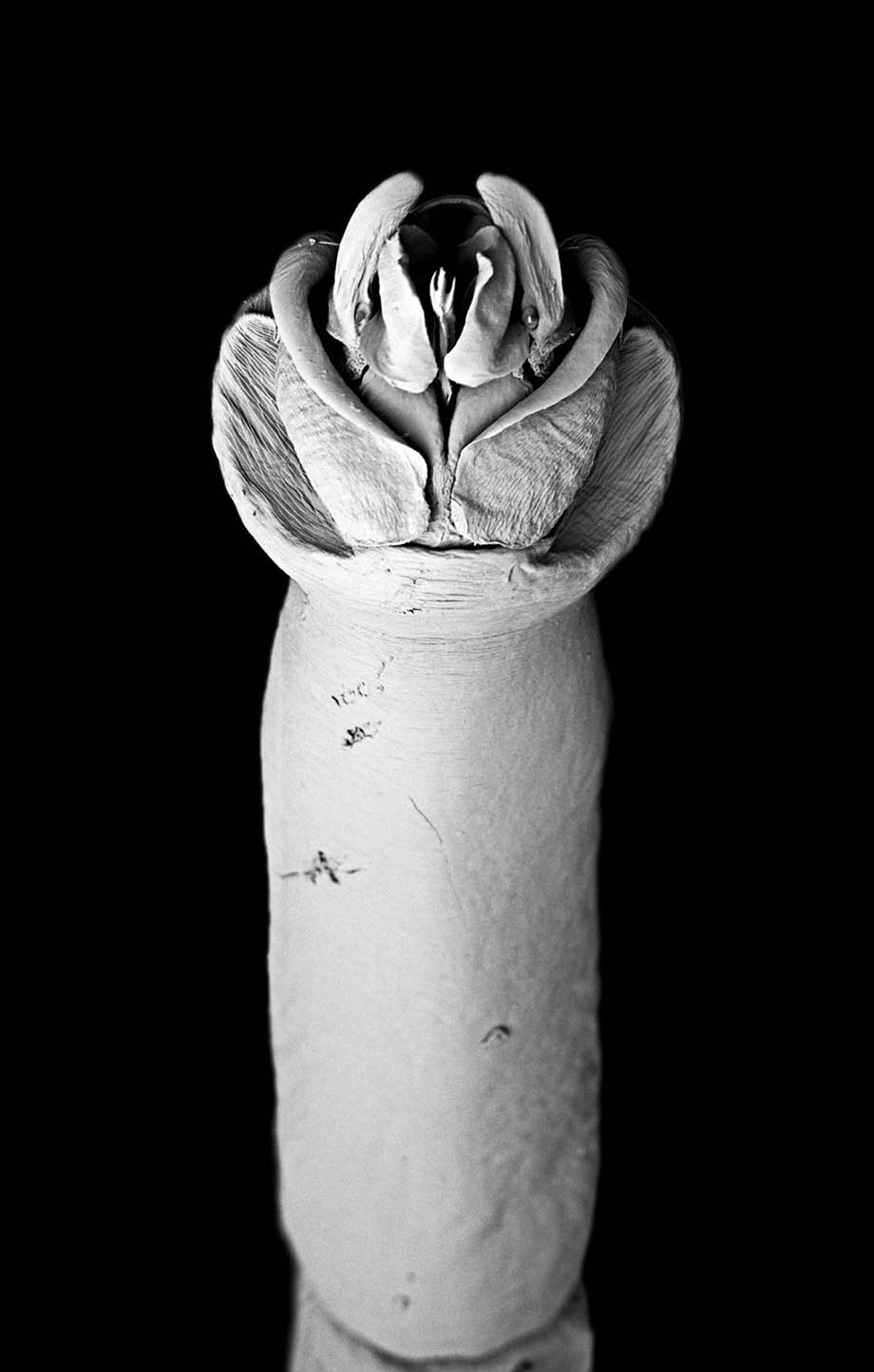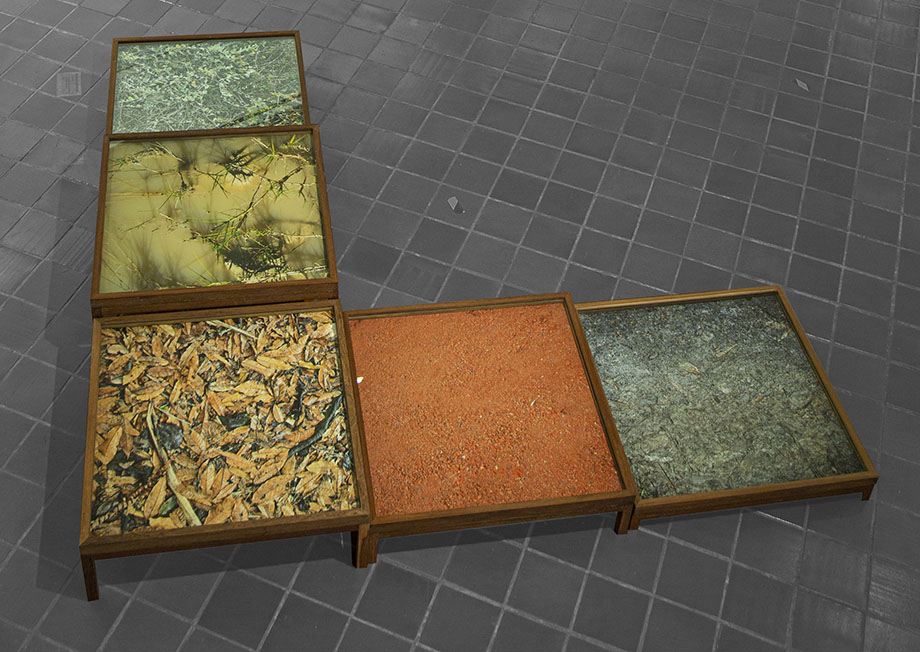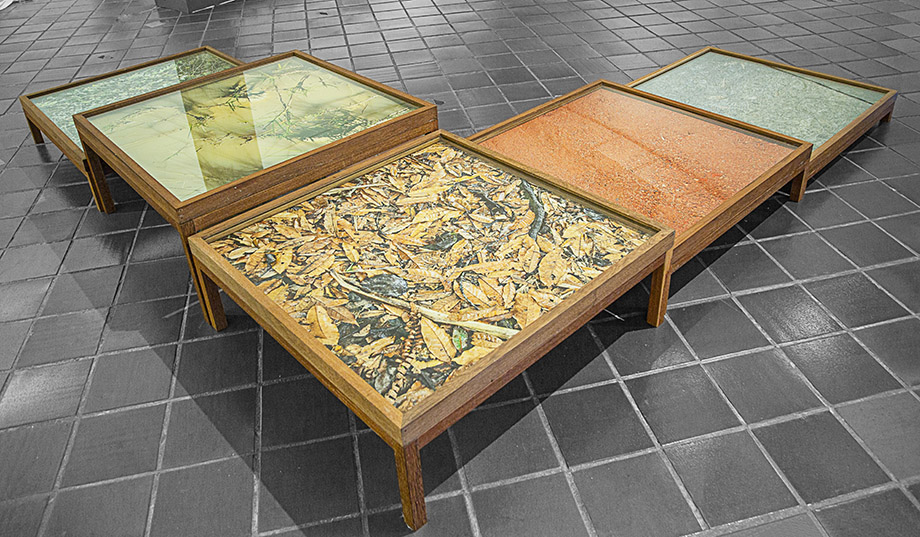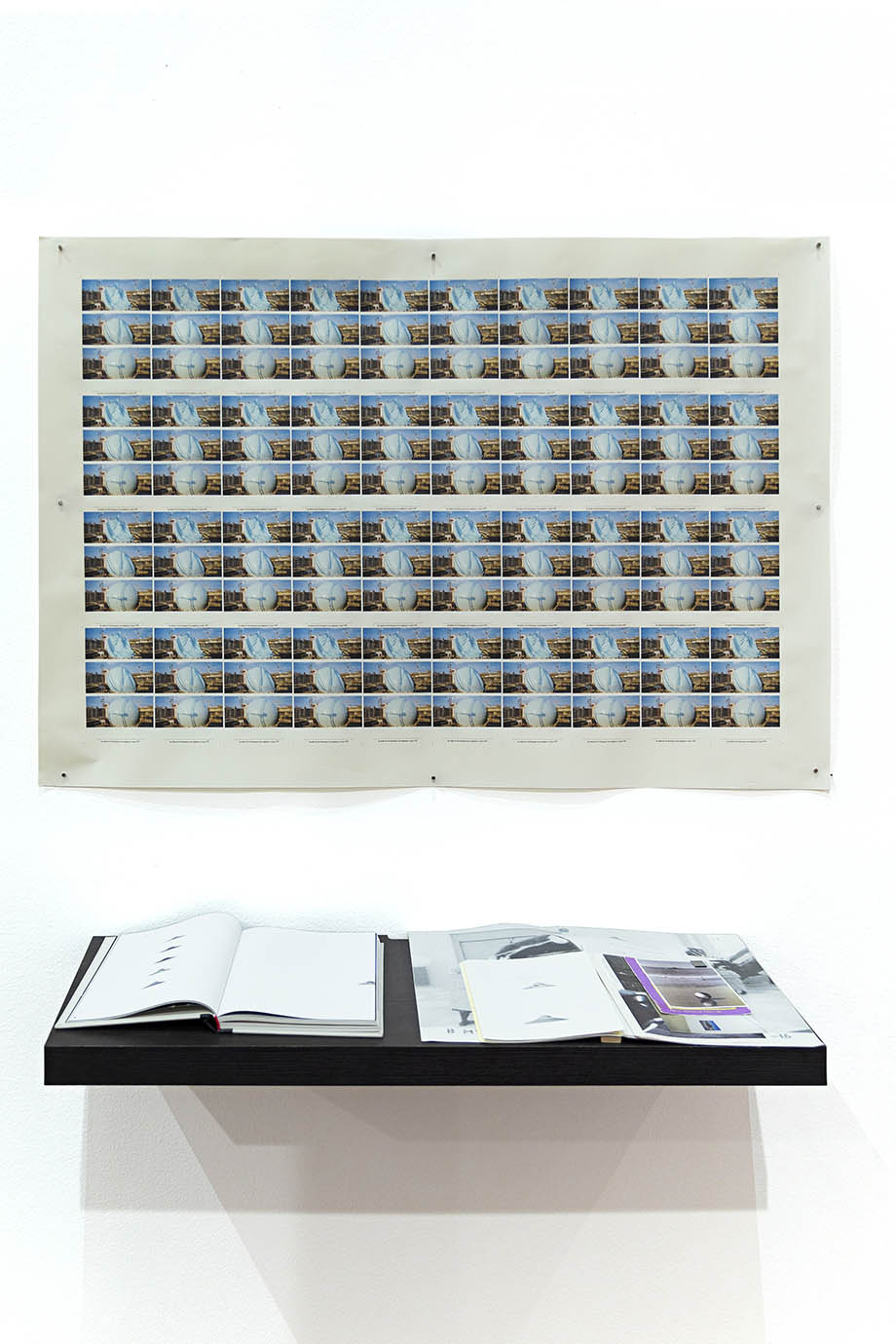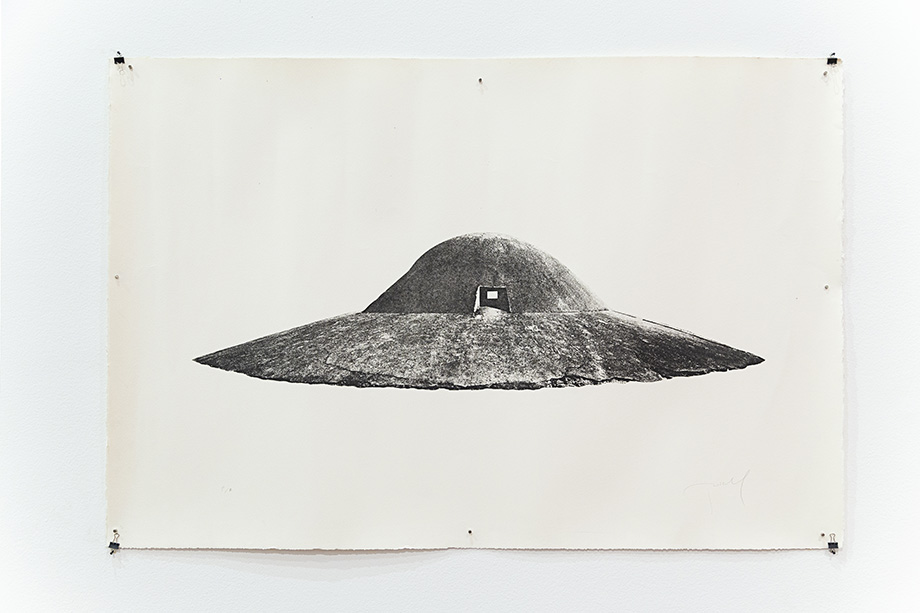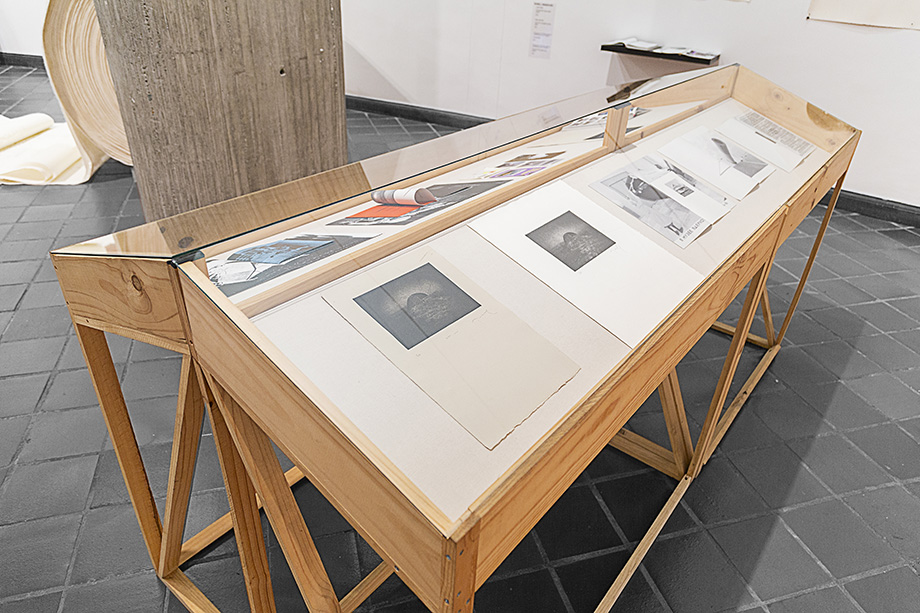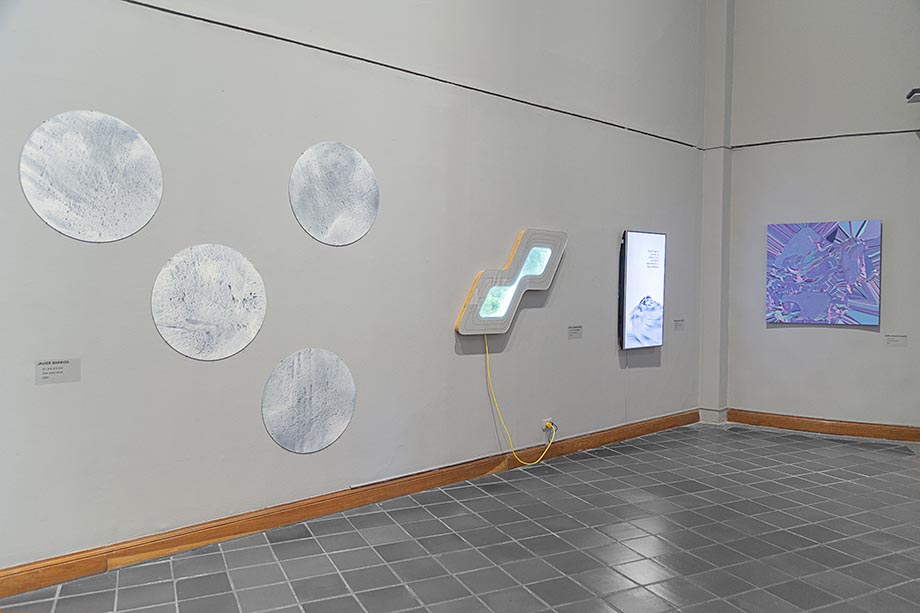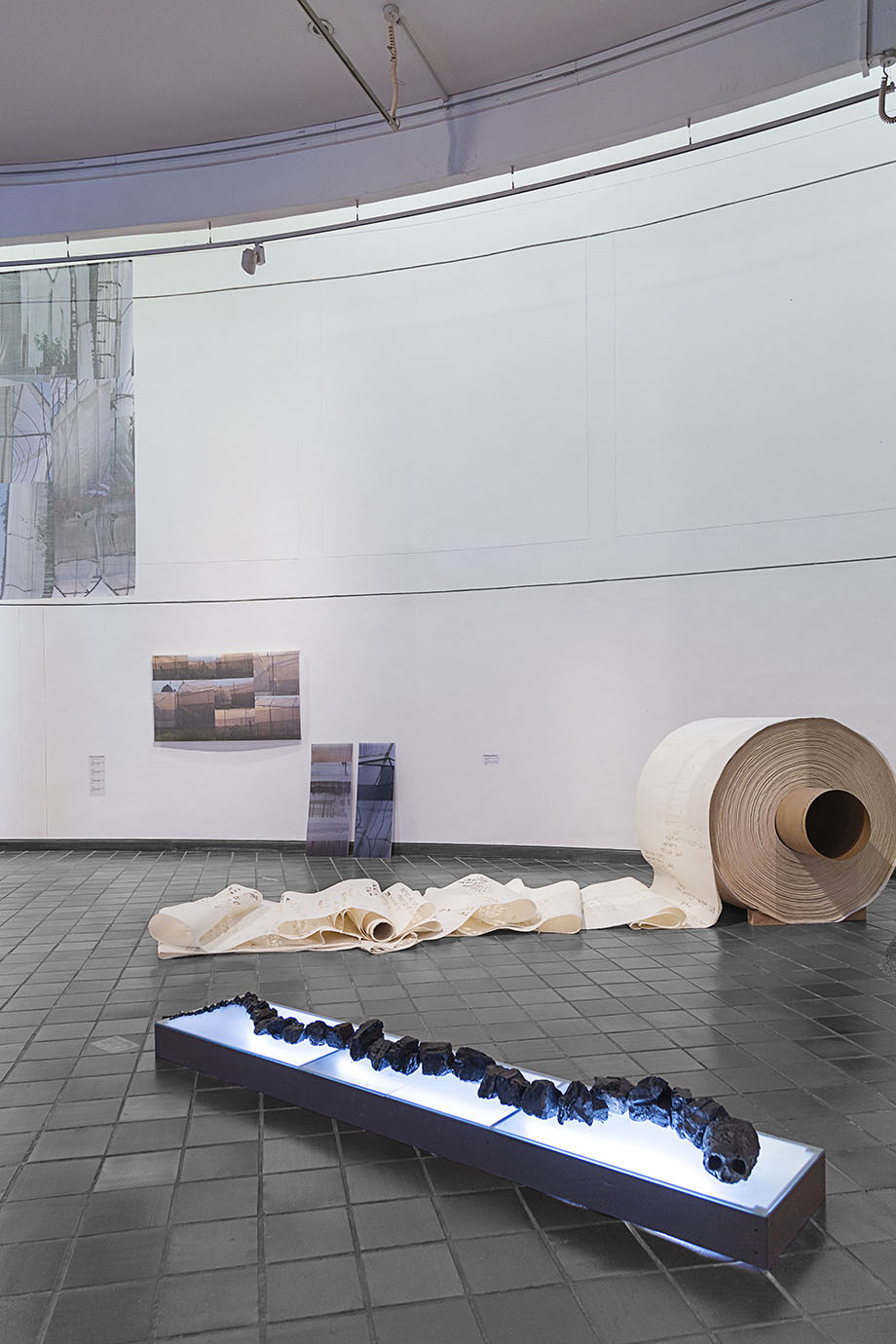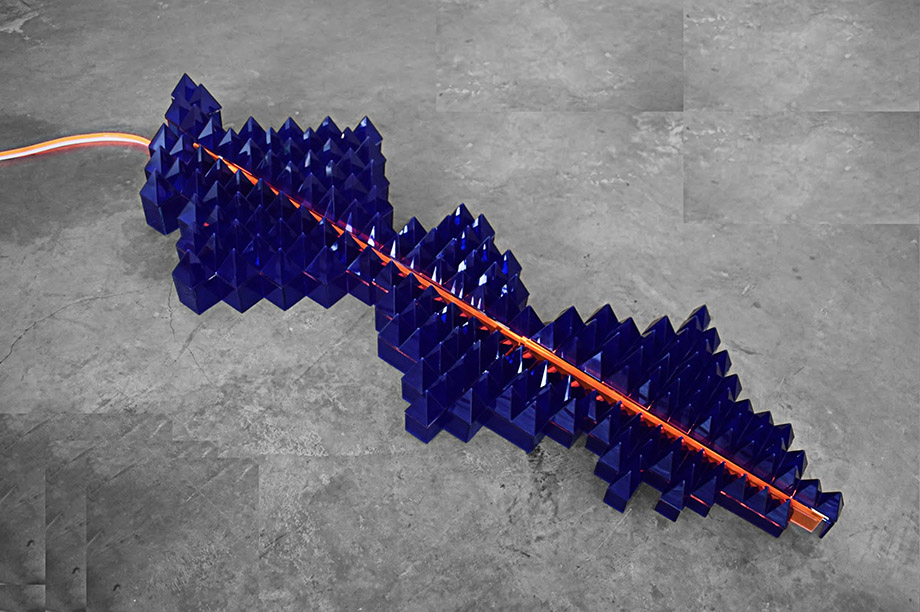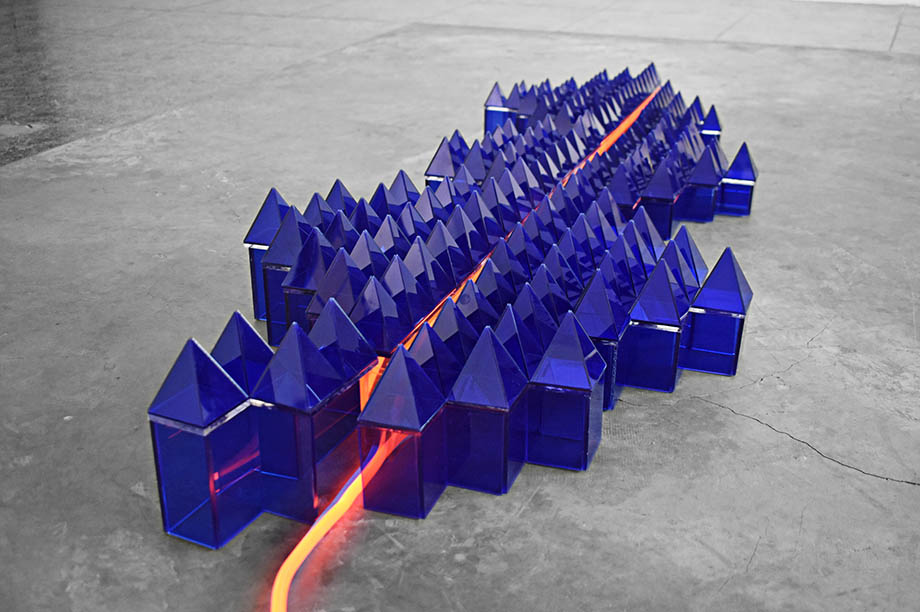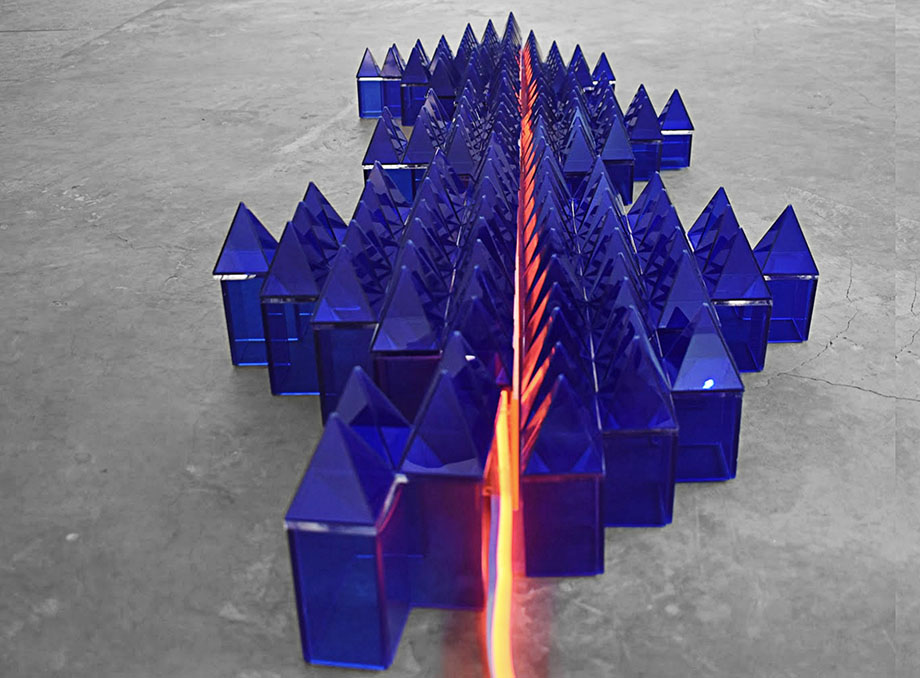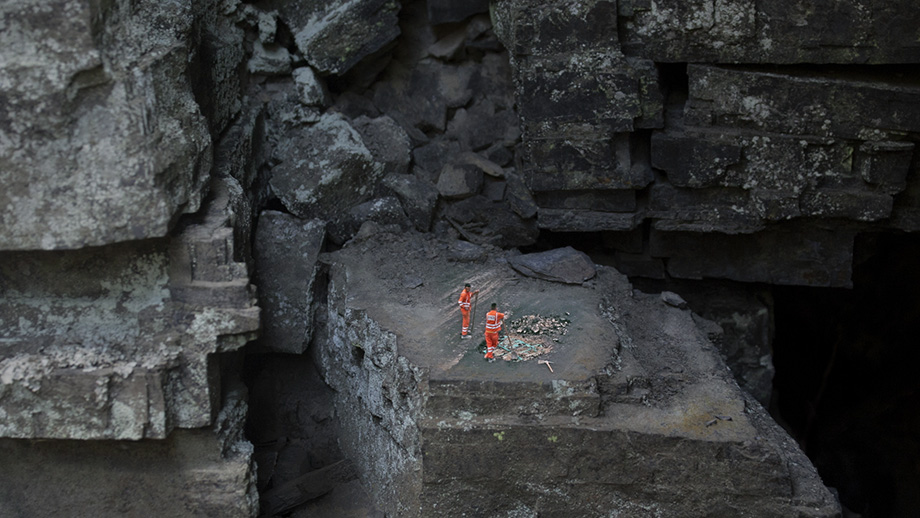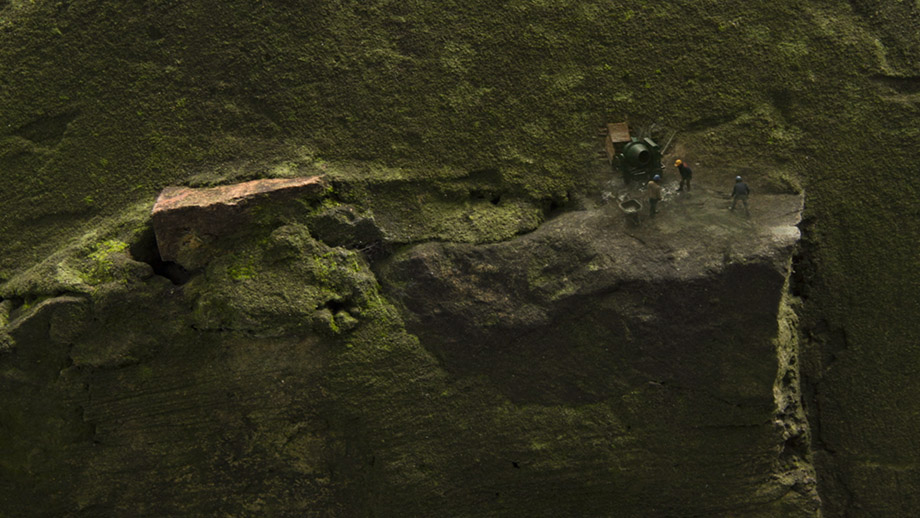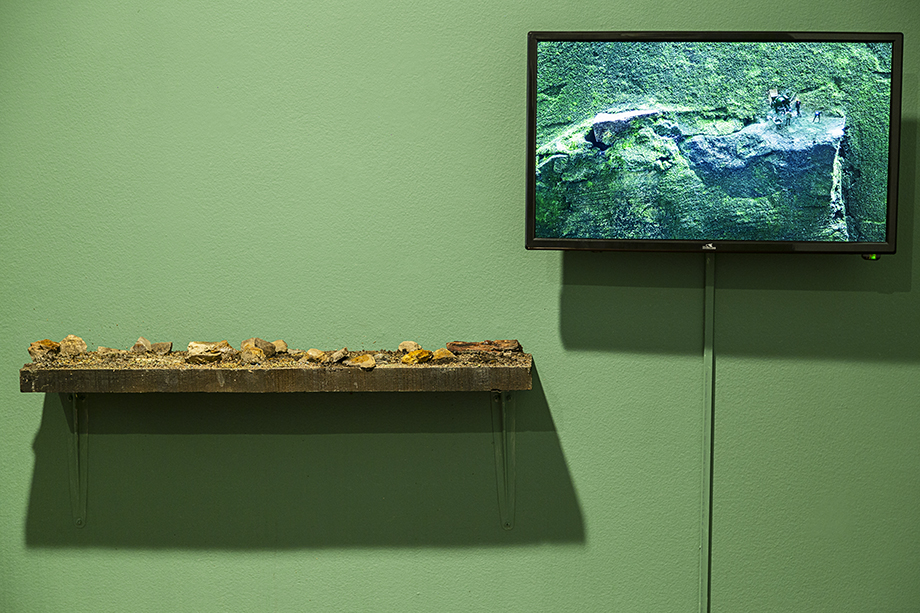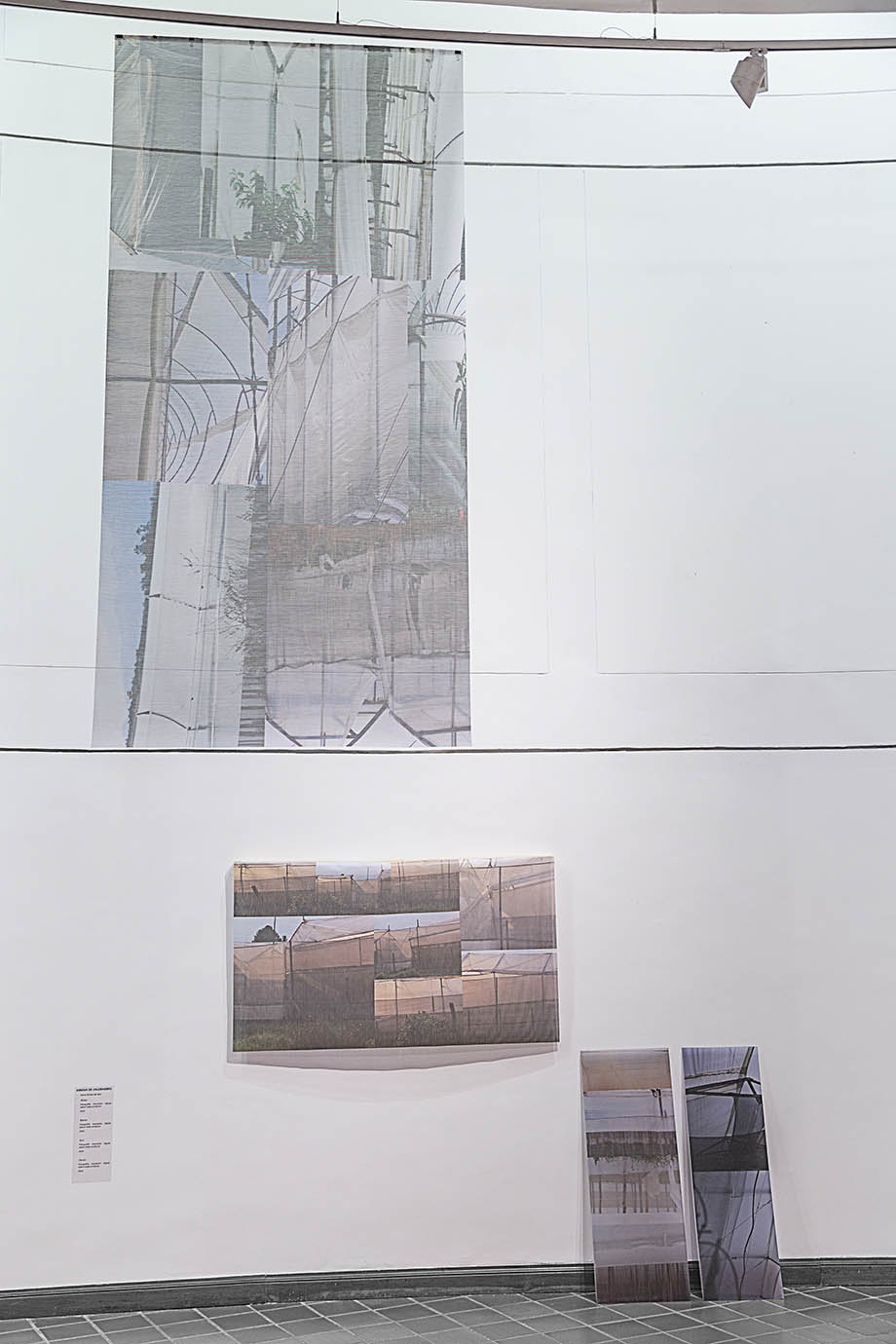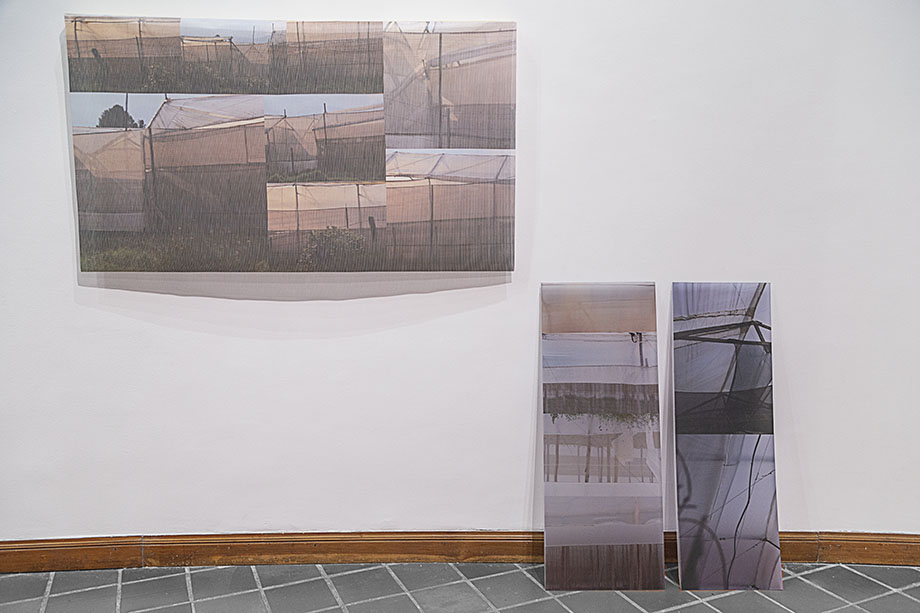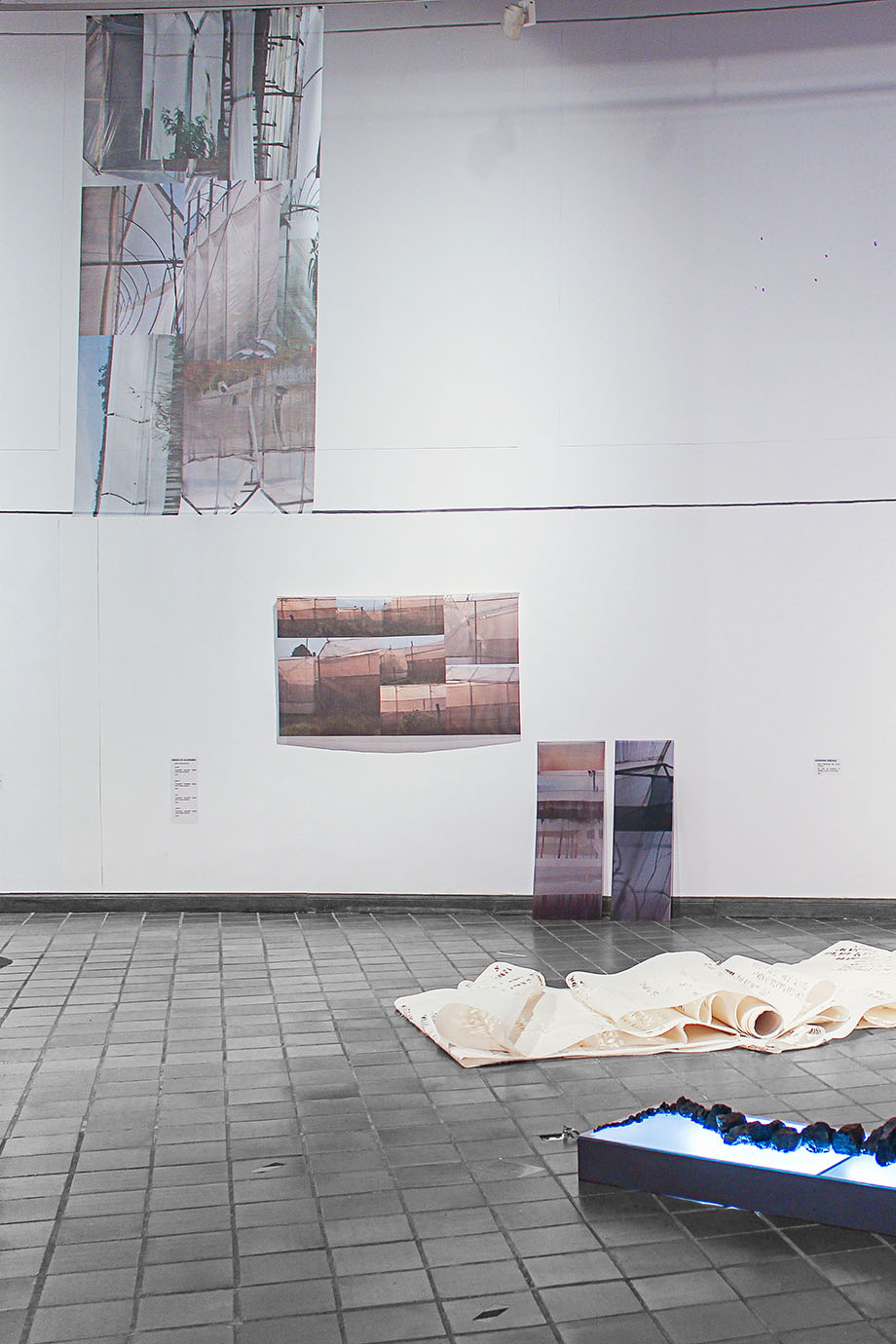ENTROPIC SYMBIOSIS
Artists:
María Ximena De Valdenebro
María Fernanda Cardoso
Johanna Arenas
Carolina Villegas
Andrés Layos
Juan Covelli
Hernando Velandia
Karen Aune
Rosell Meseguer
Javier Barrios
Alicia De La Torre
Nicolás Cárdenas
Juan Walker
María Angélica Madero
Álvaro Lacouture
Álvaro Diego Gómez Campuzano
Sonia Rojas
Aníbal Gomescasseres
Adriana Marmorek
Juan Melo
Joel Grossman
Juan José García
Santiago Andrés Torres
The works exhibited in “Entropic Symbiosis” invite the viewer to establish connections and interpretations that precede the traditional narrative and hermeneutical discourse of art history, enabling a new form of dissertation and renewing the contemplative experience.
Technology enables us to overcome some of the obstacles that human vision cannot categorize or understand. Technological devices help transcend perceptual limitations; this manoeuvring has changed cognitive processes and has become an alternative model for understanding the dimensions in which we are immersed, consequently recognizing the existence of other life forms. Accepting the complexity of matter allows us to discover an extensive series of Symbioses, both organic and synthetic.
While entropy reveals magnitudes between different micro and macro states, whose arrangement of elements implies a systematic balance and organization of matter, the symbiosis of knowledge is a component enabling artistic methodologies to move towards new transversal research models. Therefore, accessing sources of techno-scientific reference can not only expand our intelligence but also consciously expand our notions of how we should relate and interact with the environment.
In the molecular age, matter has been reinterpreted; now, we can understand it as a conglomerate of molecules of different kinds. This definition has allowed us to carry out various transformations and experiments. This method of using matter in art has been called “Molecular Aesthetics.” Applying these terms to the creative context allows us to understand matter from different territories and discourses; both categories and ways of describing a piece of art have substantially changed. This curatorial project exhibits a series of works treating matter in different ways; we find pieces made in various media and others where the artistic procedure obeys an investigation, referencing areas of knowledge other than the arts (geochemistry, microbiology, neurology, and quantum physics).
With this initiative, we aim to make evident the existence of different forms of life, cellular and molecular configurations, elements whose origin and functioning we still do not fully understand. Perceptual dimensions that we cannot yet discern, nevertheless coexist in parallel, and although we cannot determine their territory of convergence exactly, it is also incorrect to ignore their existence and place in our universe. The works of art exhibited here can serve as a threshold to these strange constructions of matter.
This situation can be glimpsed by the viewer conducting an exploration of the artistic proposals, where they will find a wide range of modified, altered, and synthetically replicated natures.
In conclusion, “Entropic Symbiosis” invites the observer to carefully inspect the exhibition space and to consider the existence of unknown life forms because the works presented here formulate a mutation and alteration of matter, from a molecular perspective, to devise how we will be able to erect an appropriate and balanced transition towards a planetary civilization.
Curator: John Ángel Rodríguez
Entropic Symbiosis – Glossary
Molecular Revolution: A concept coined by Felix Guattari, where the previous third industrial revolution would engender a system of machinic slavery; through optimized-adaptable direct numerical control commands and self-learning systems; focused on the chemical industry, atomic energy, automation, and informatics. Processes that could have allowed the accelerated replacement of working systems, however, directly affected the body, limbs, and organs of human beings.
Molecular Aesthetics: Scientists and artists explore the links between current developments in molecular science and the visual arts. Thanks to advances in molecular science and microscopy, we can visualize matter at the nano-scale, allowing structures not visible to the naked eye to be visualized and characterized.
Multidimensional thinking: Involves thinking about something in many ways and using many metrics or criteria.
Macro-system: In sociological terms, it can be elucidated as culture in its most complex compounds, including socioeconomic status and the ethnic ecosystem. As culture evolves and changes over time, the macro-system also swaps, making it unique for successive generations.
Techno-scientific: The process of change in the structure of practical work in scientific activity, resulting in hybridization between science and technology. The technical and scientific development as a whole tends toward the liquidation of fragmented work in the production line.
Planetary Civilization Type 1: On the Kardashev scale, it is a civilization that can harness and store all the energy of its home planet.
Symbiotic devices: Solutions resulting from sciences that execute interfaces to amplify and potentiate human behaviour.
Concept engineering: Critique and improvement of concepts across all areas of philosophy, covering theoretical, practical, and historical aspects.
Essential matrix: In mathematics, a set of elements of any nature, usually ordered in rows and columns.
Cross-sectional research: A methodology developed within transdisciplinary knowledge groups, crossing limits to engage with different ways of understanding the world.


